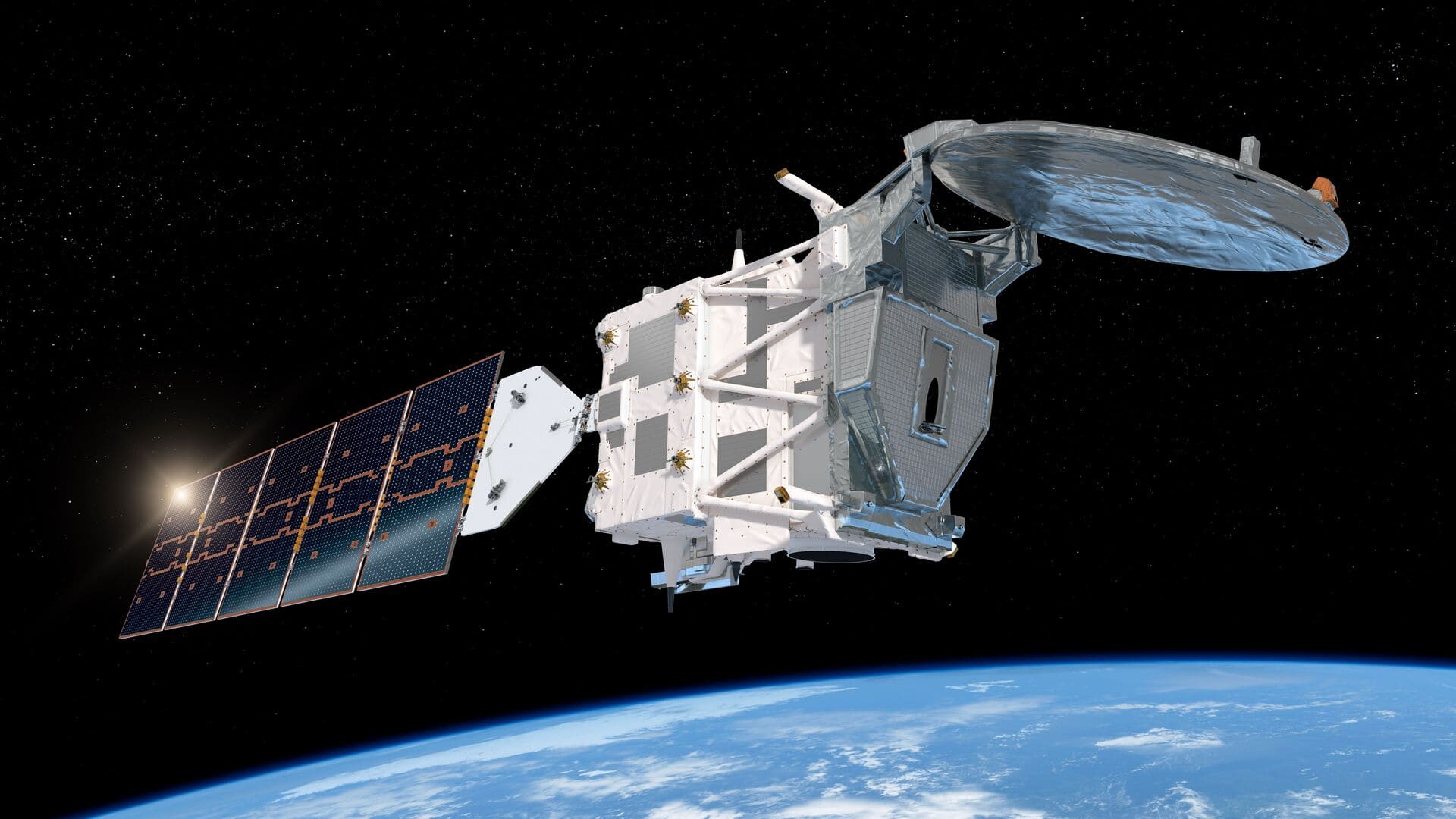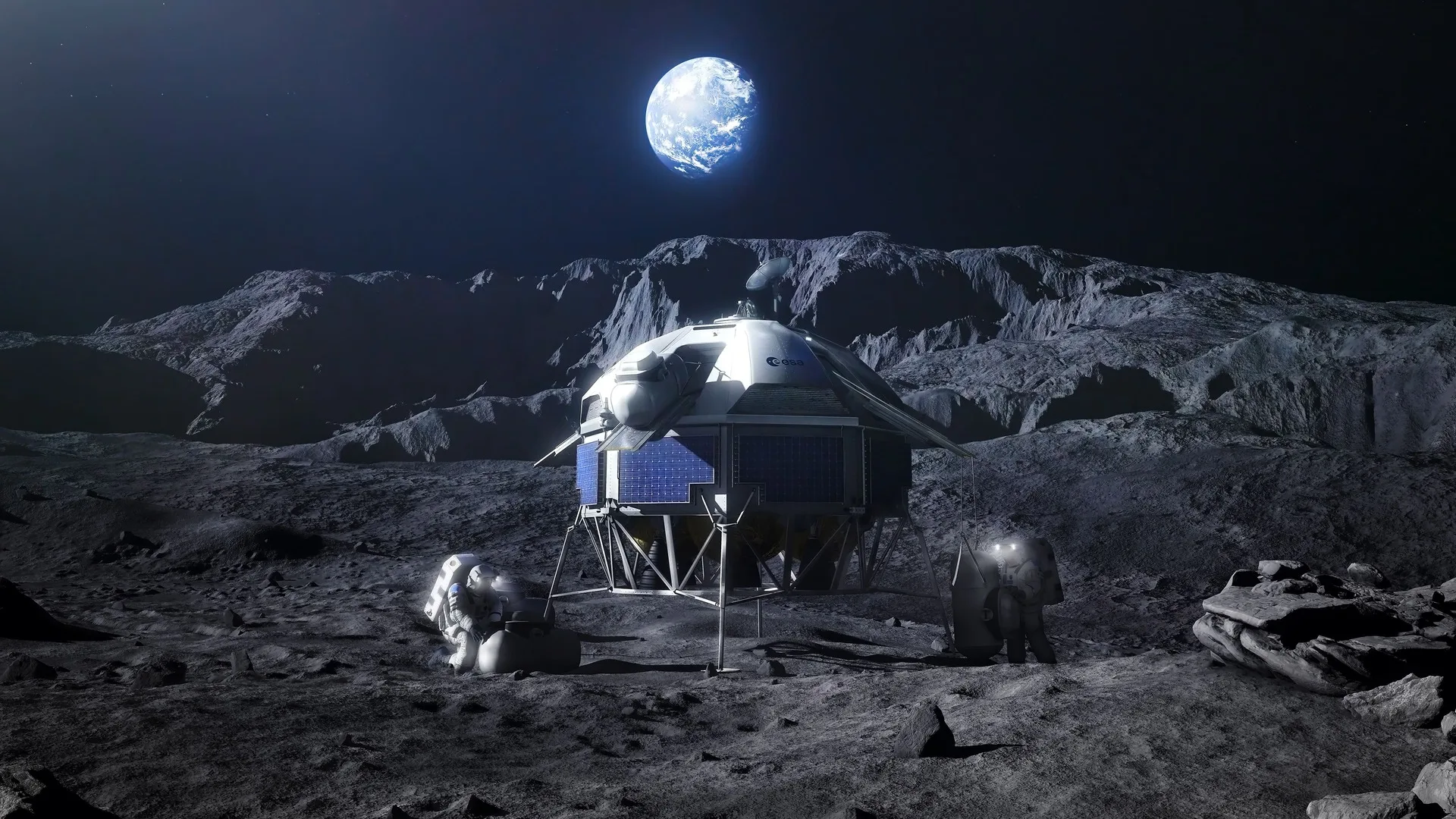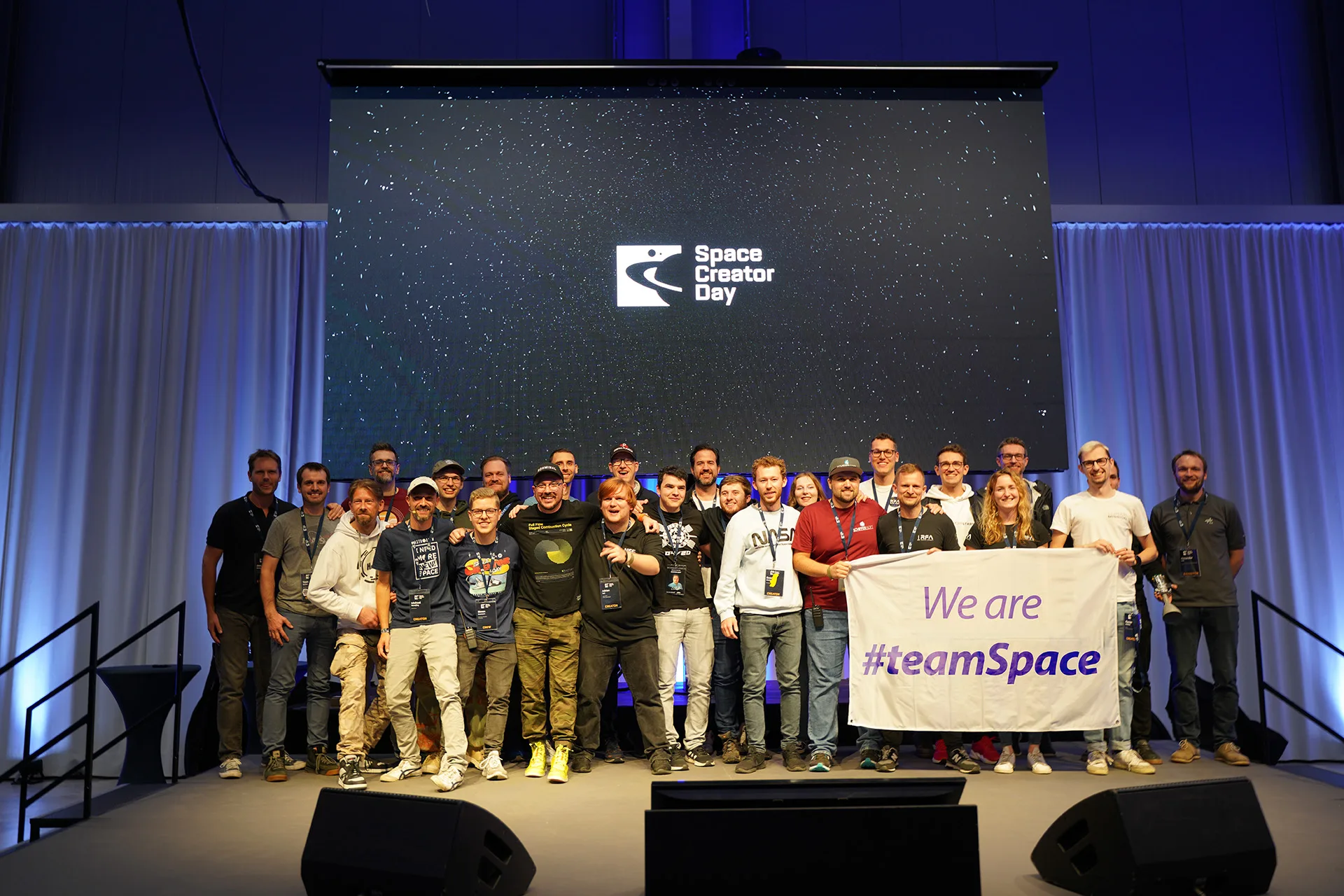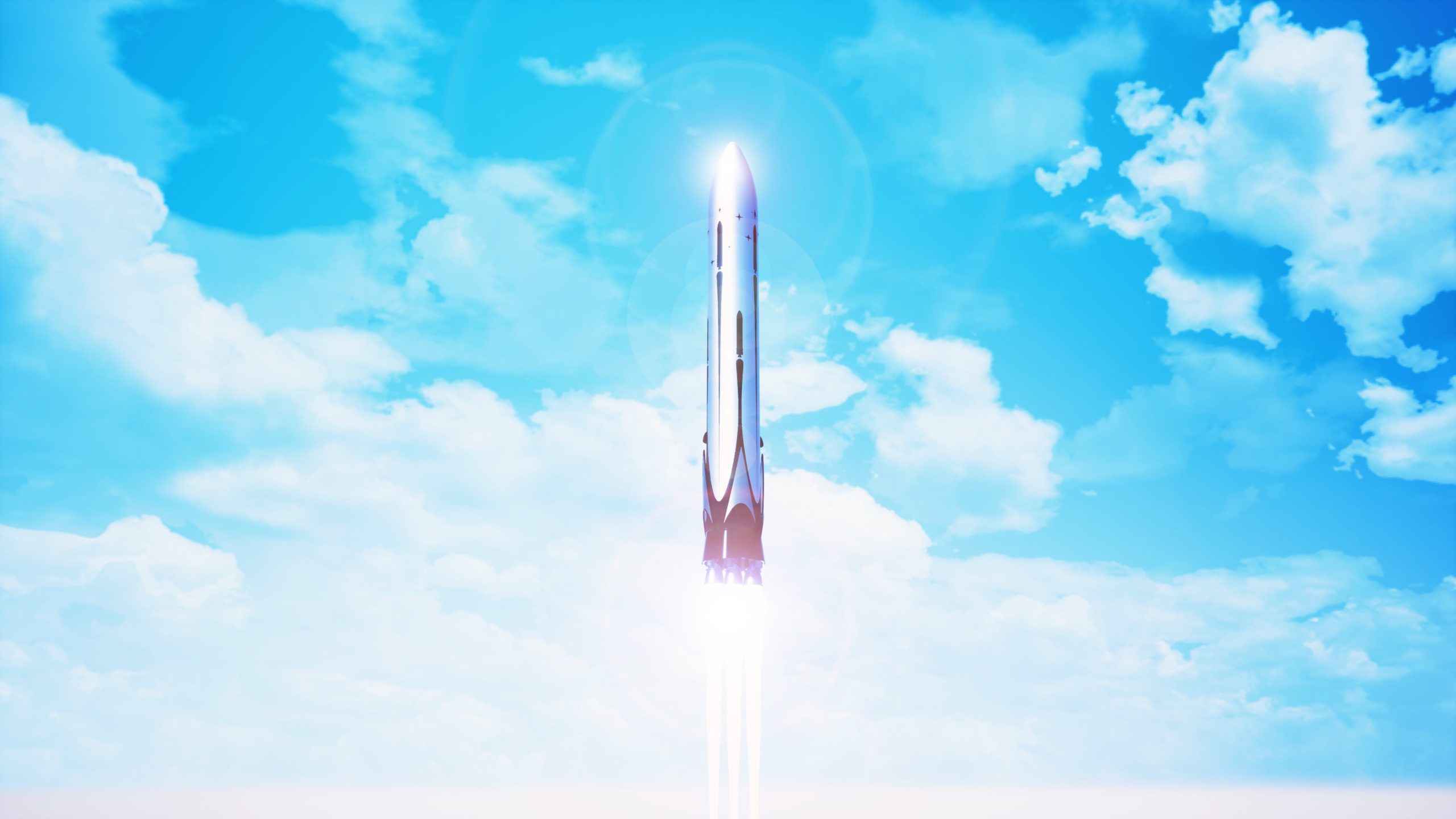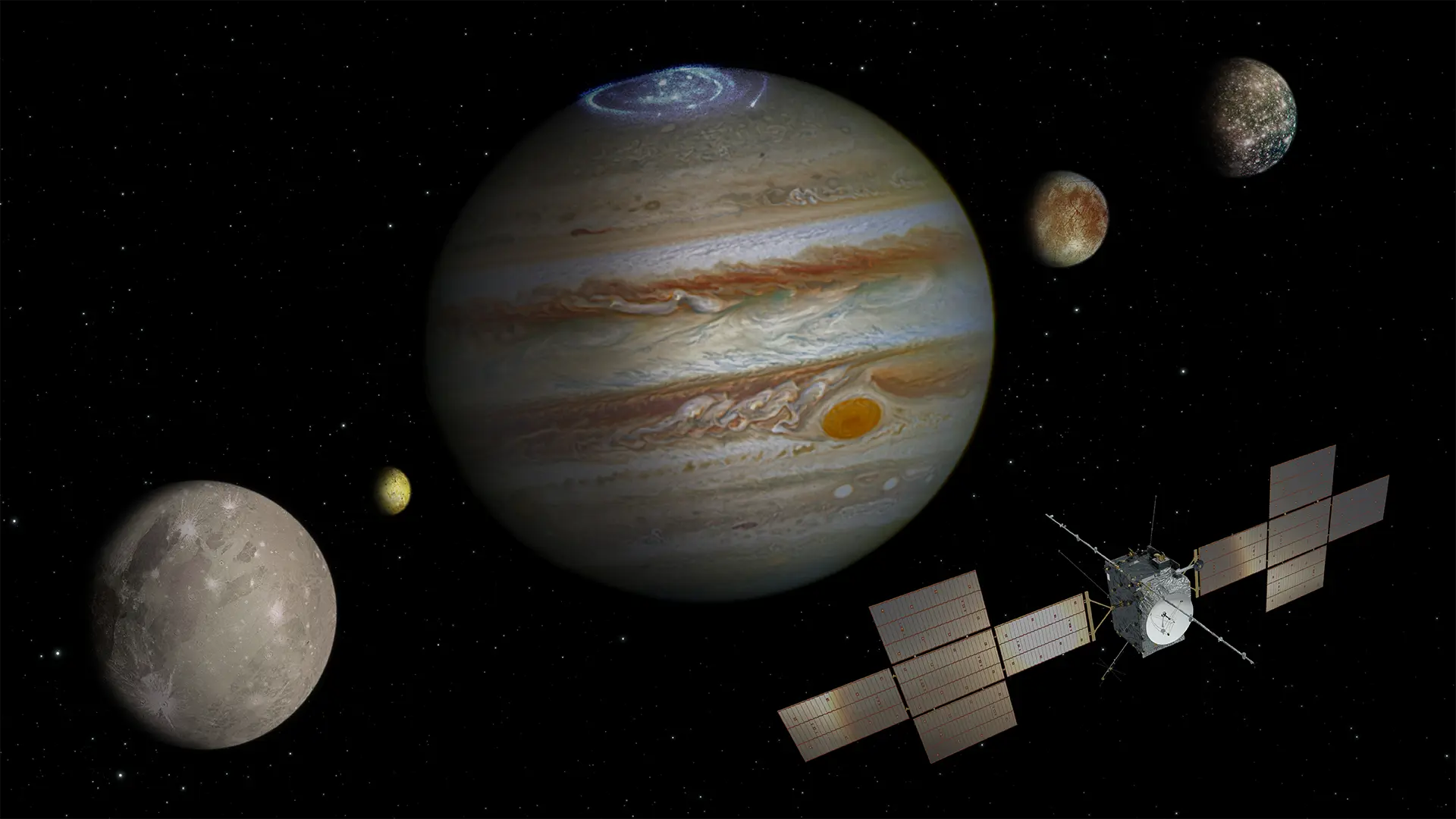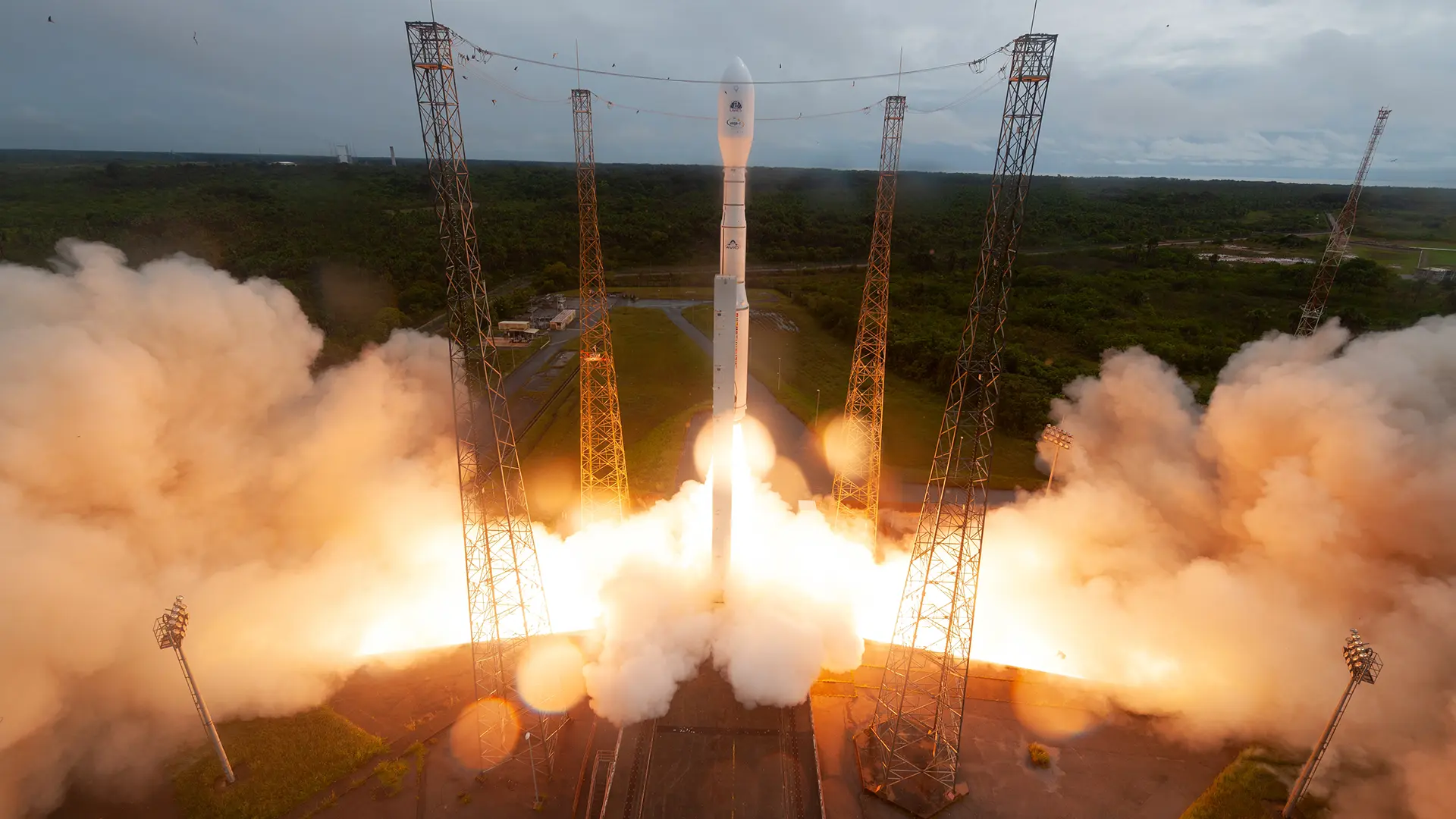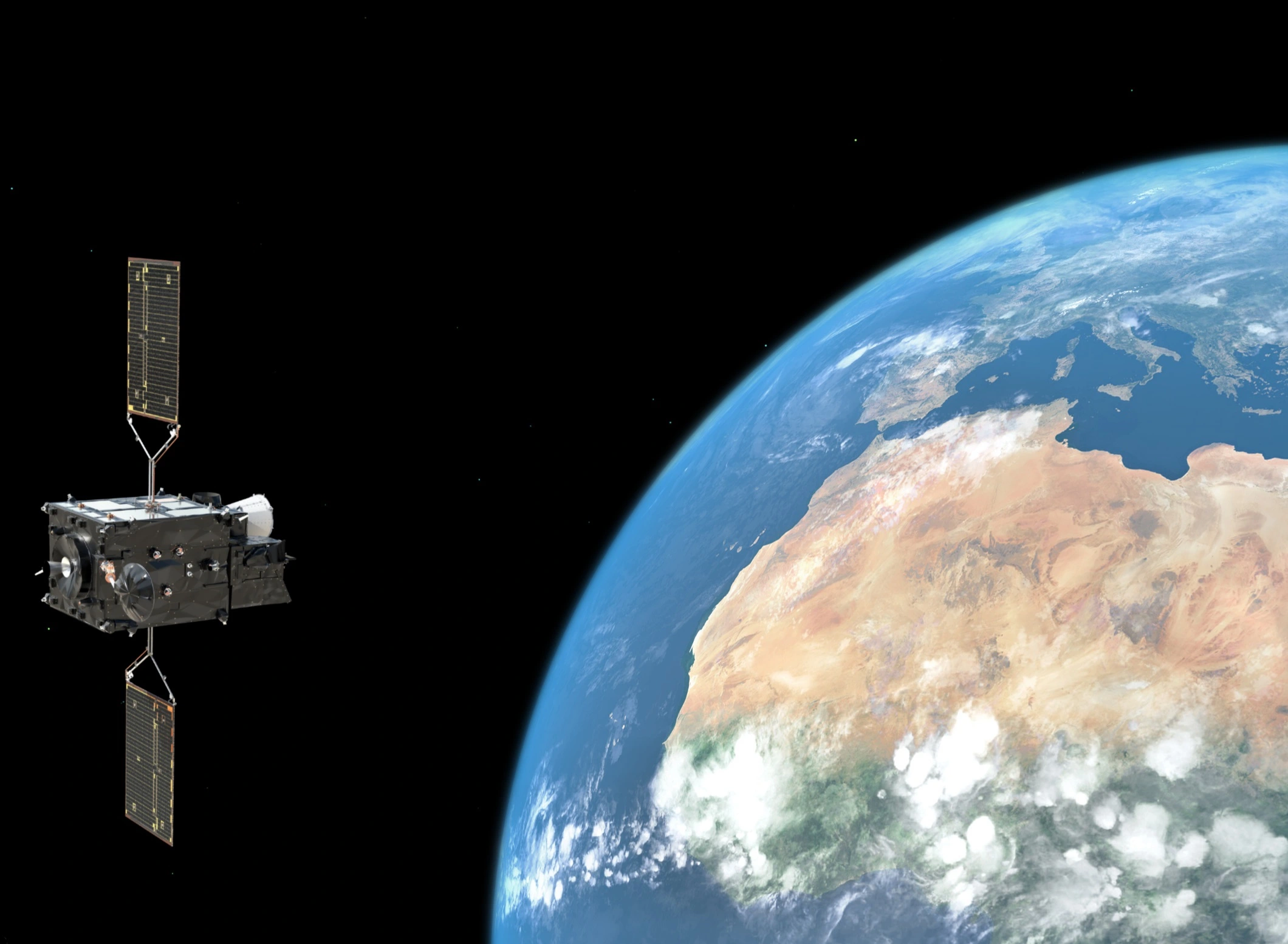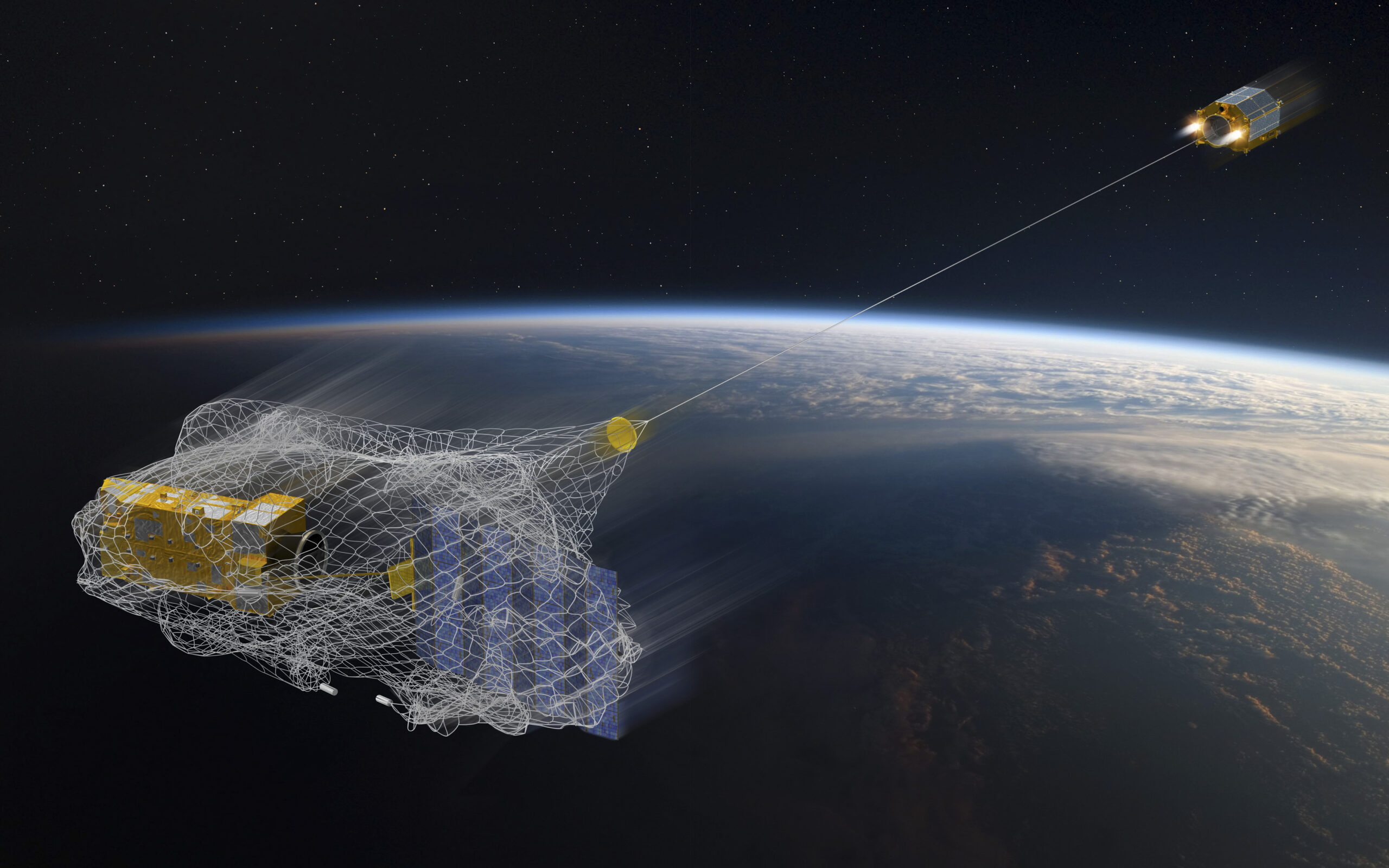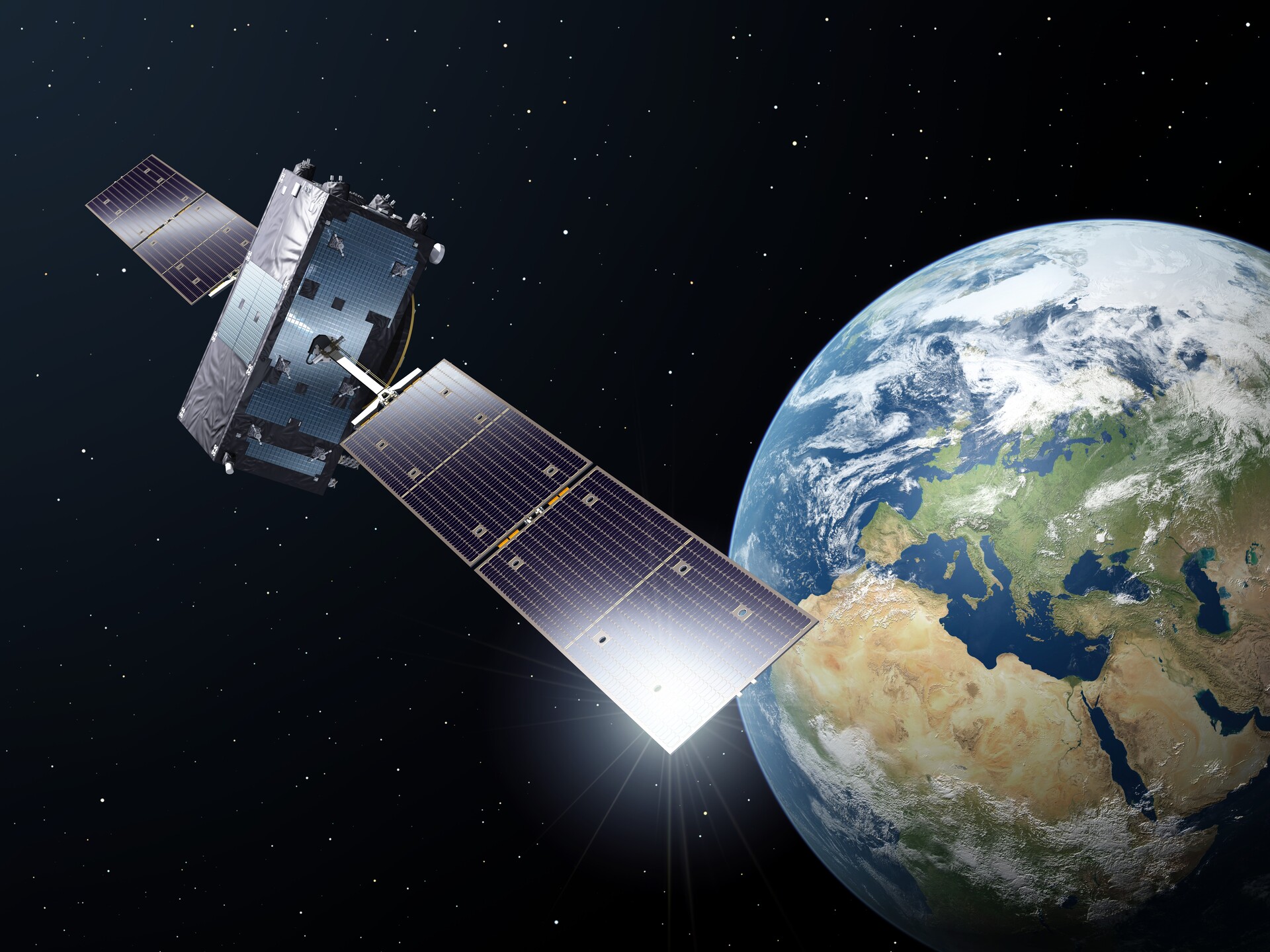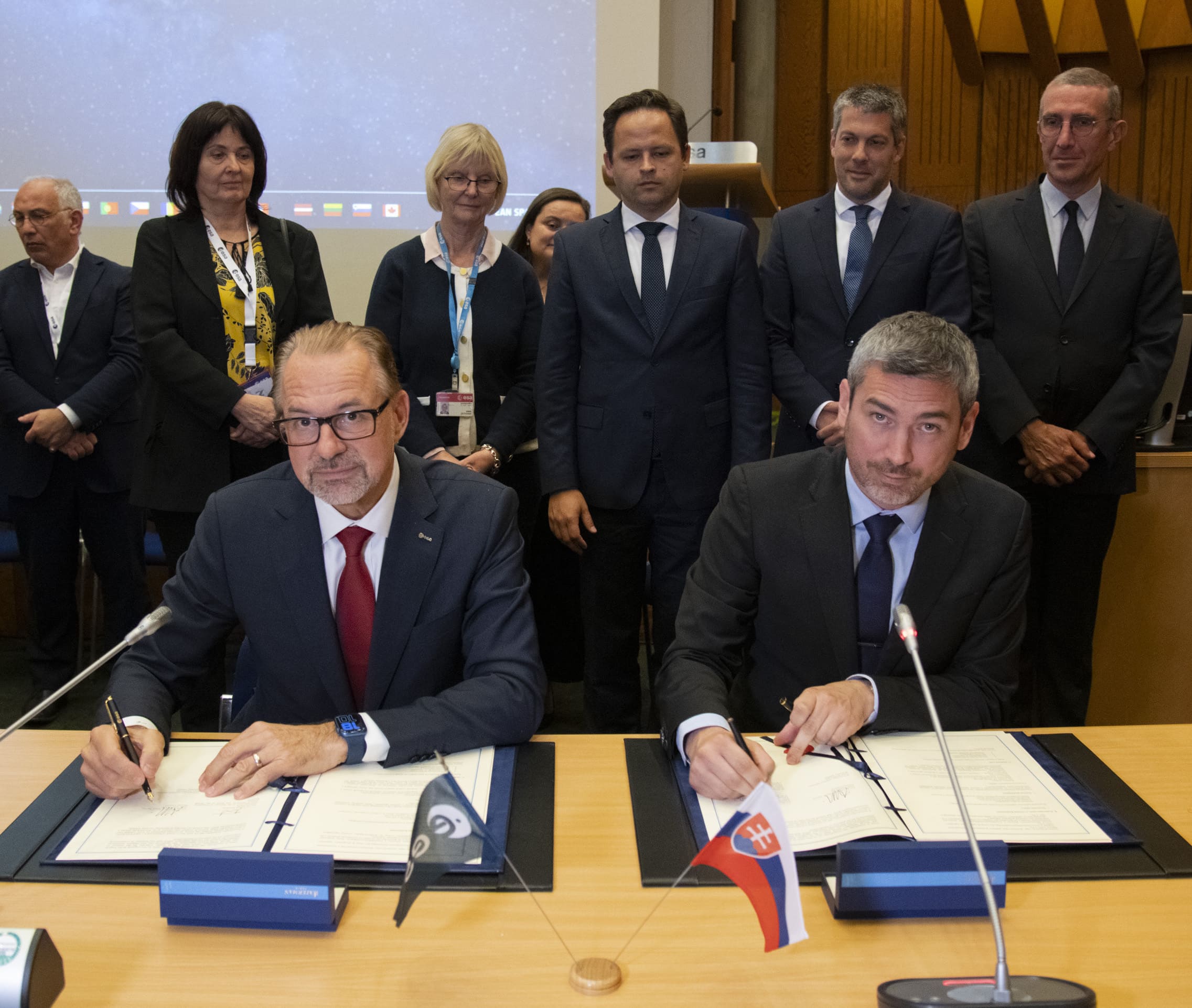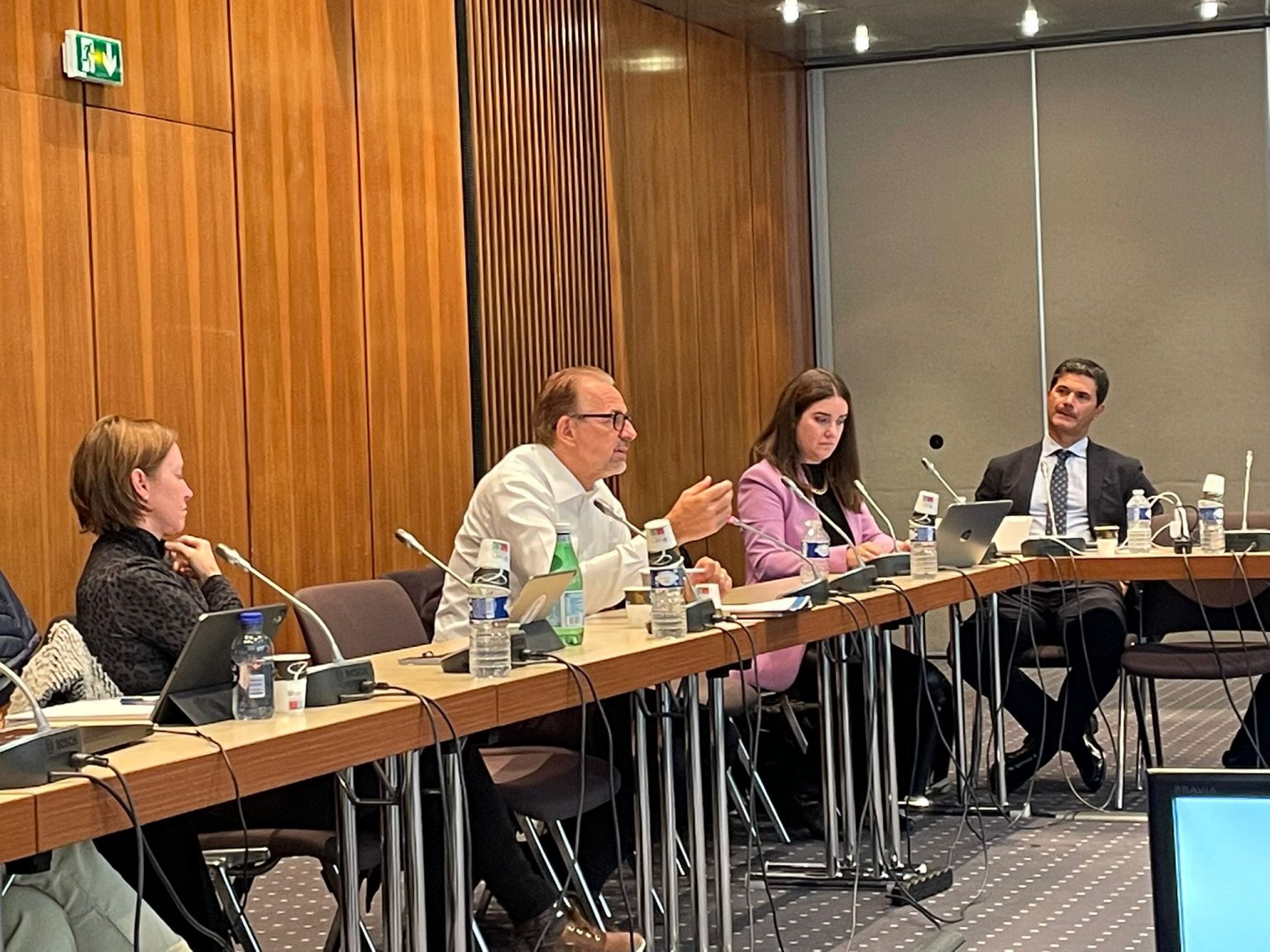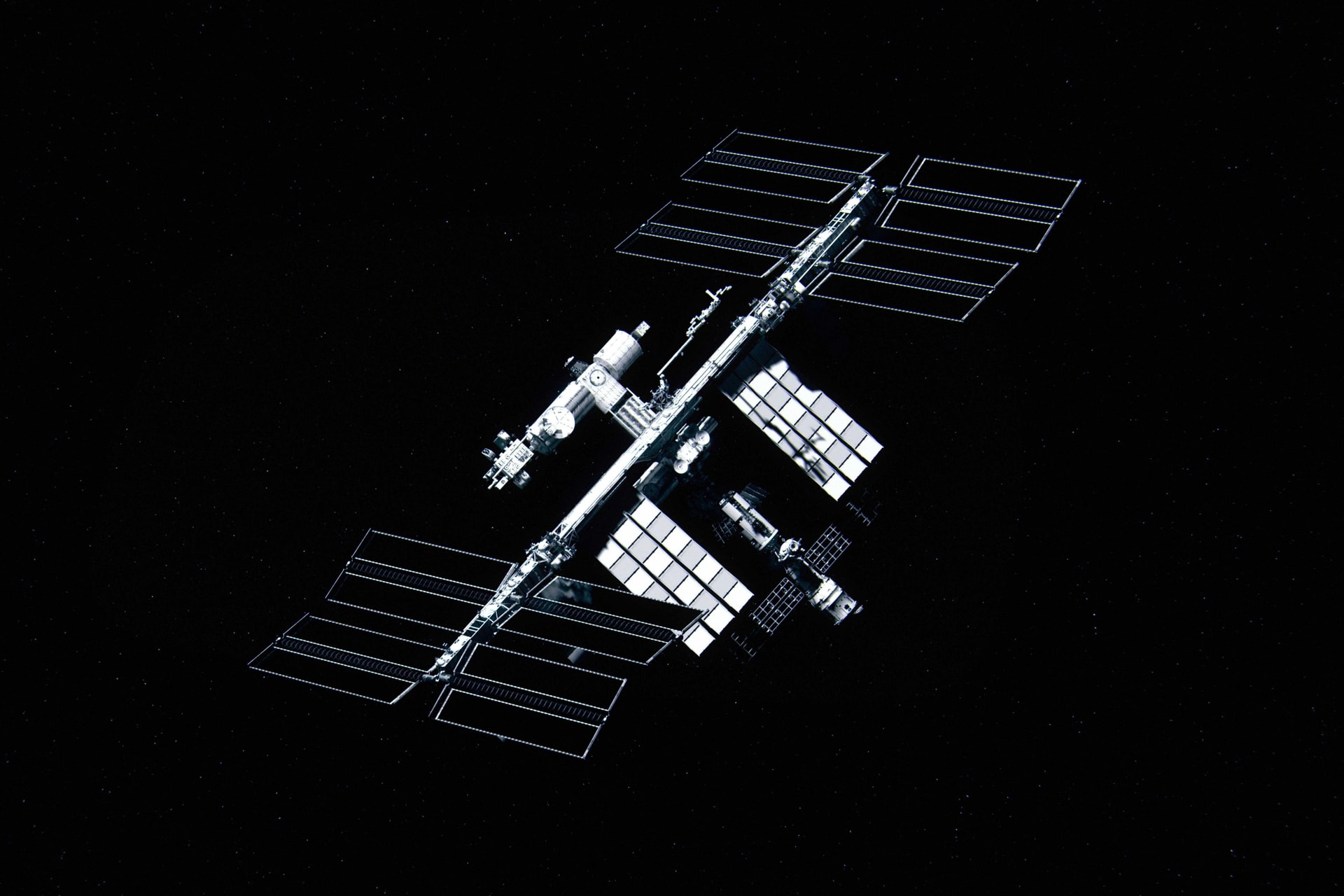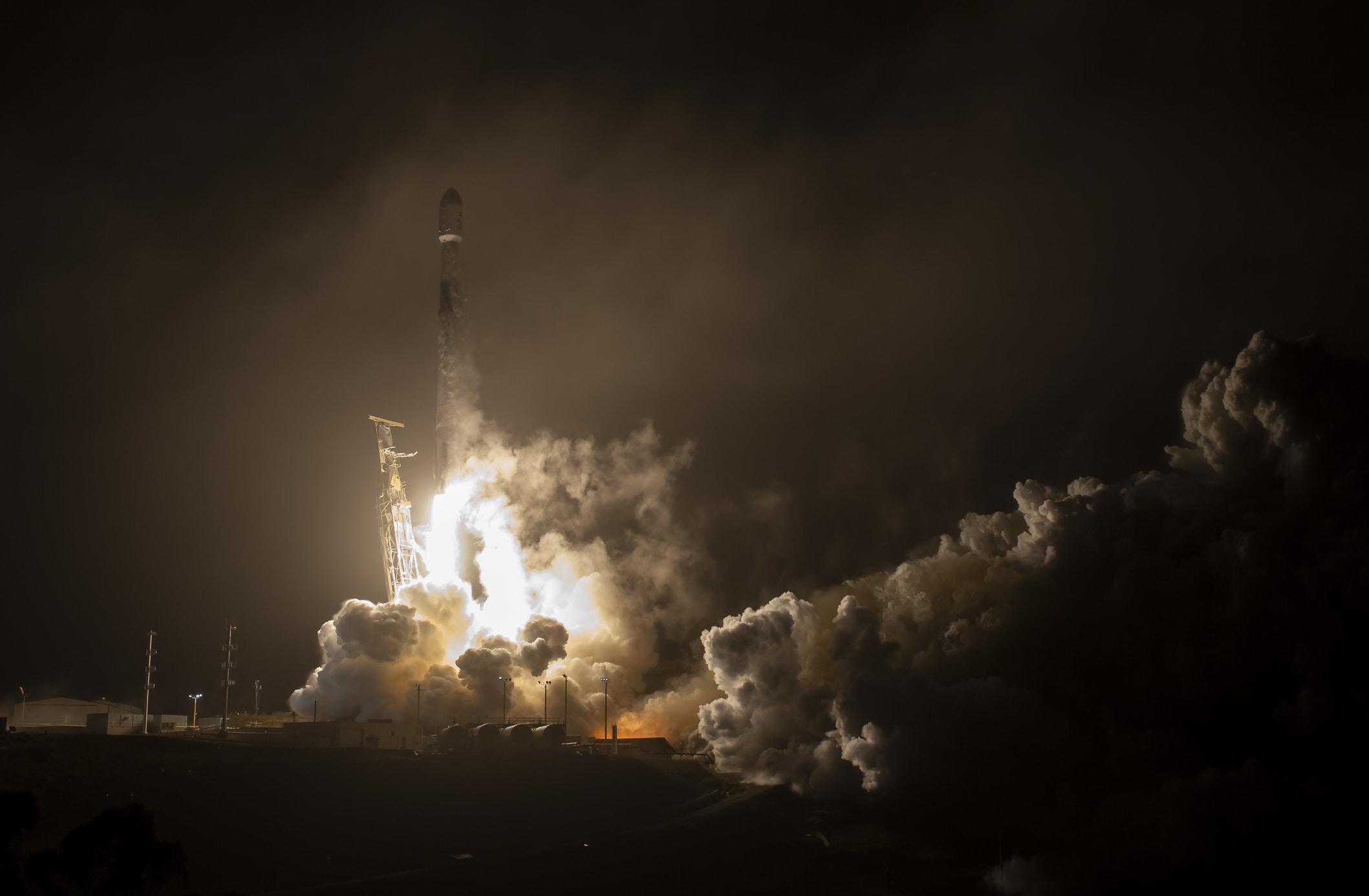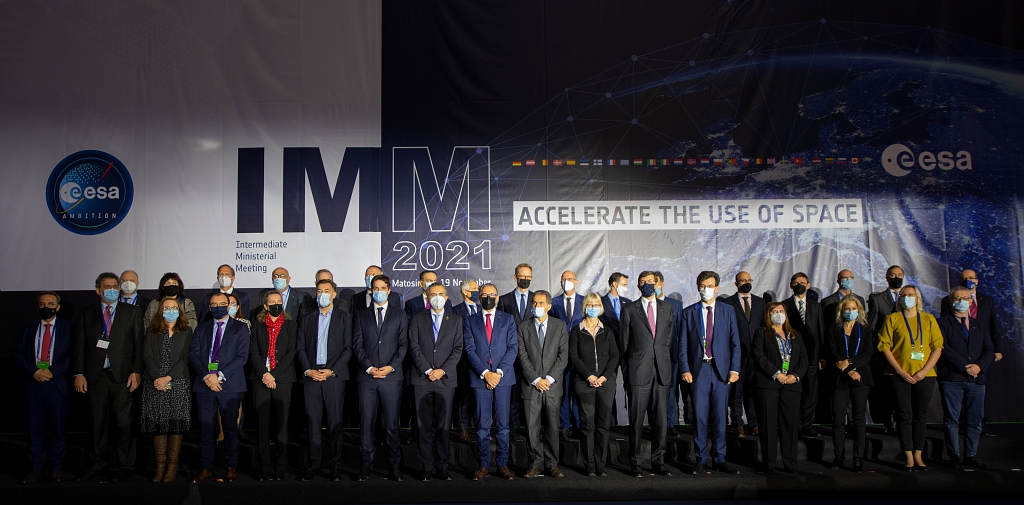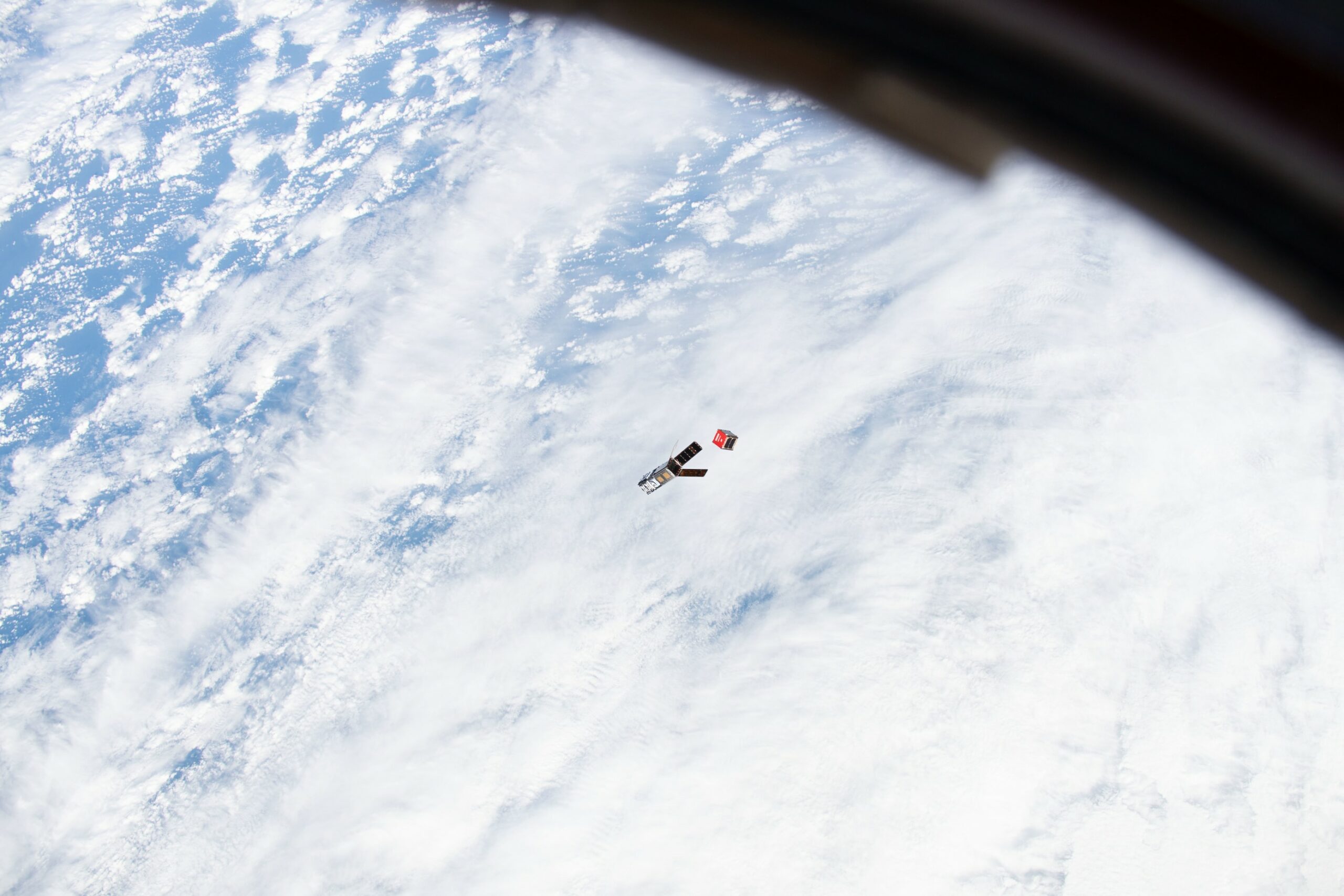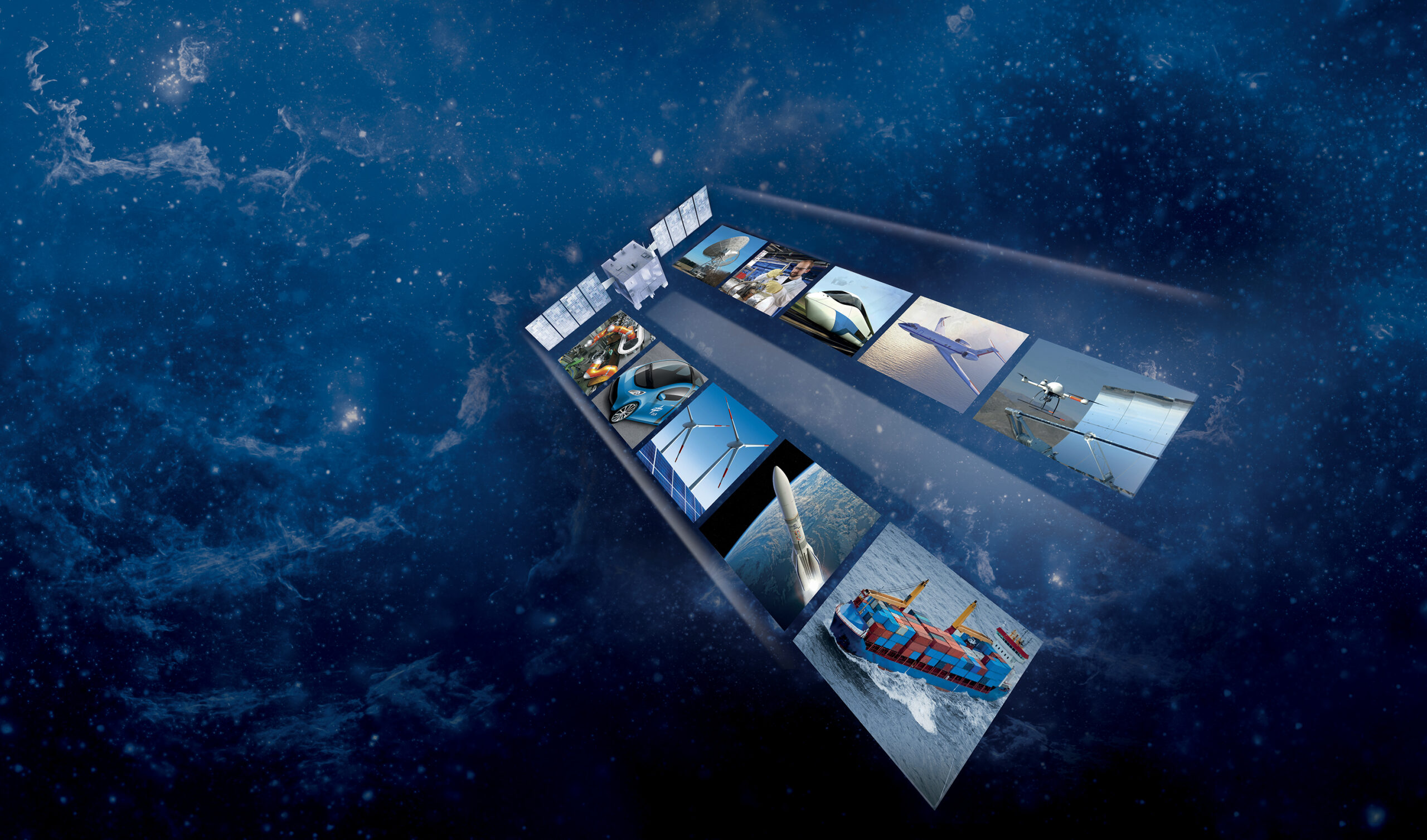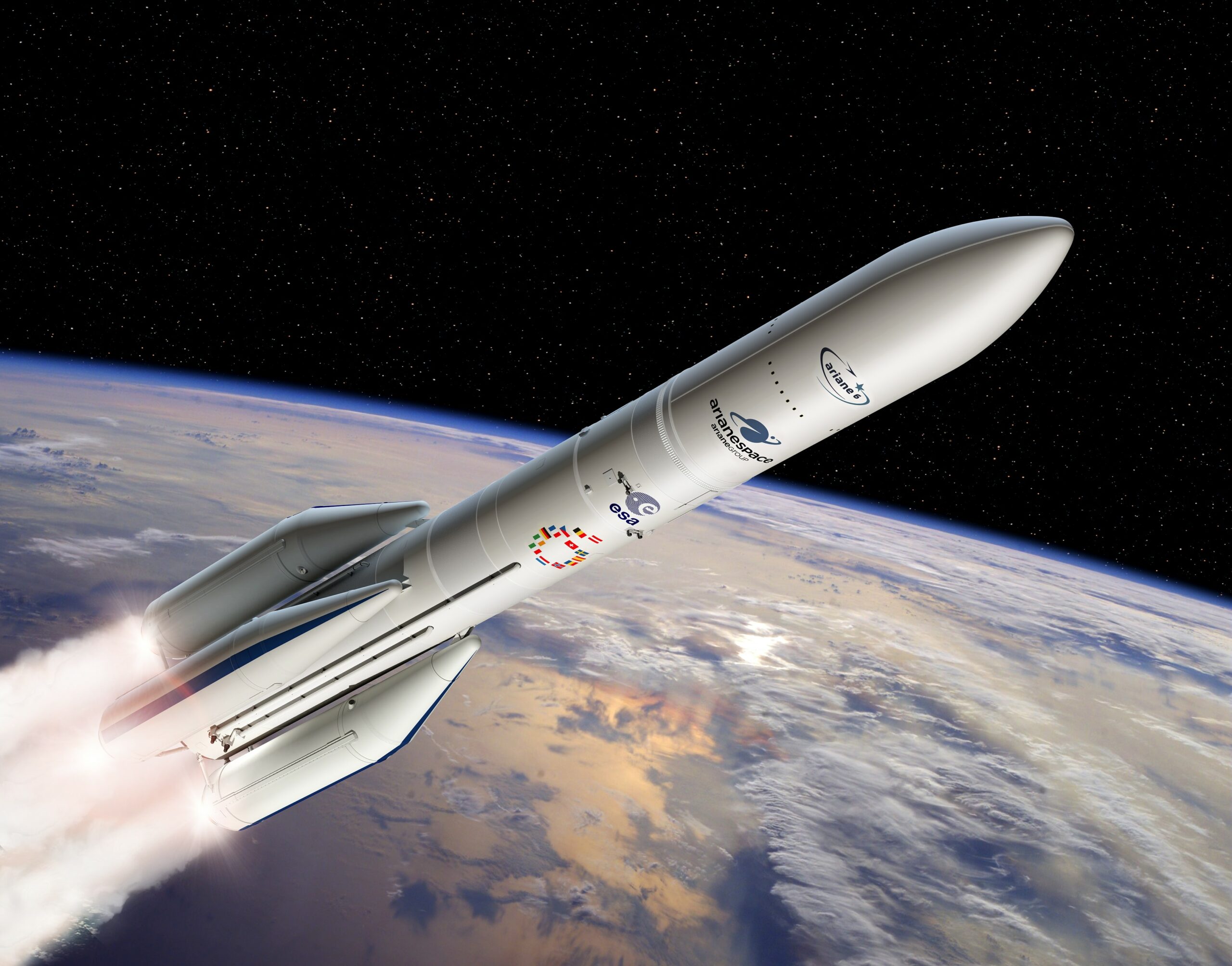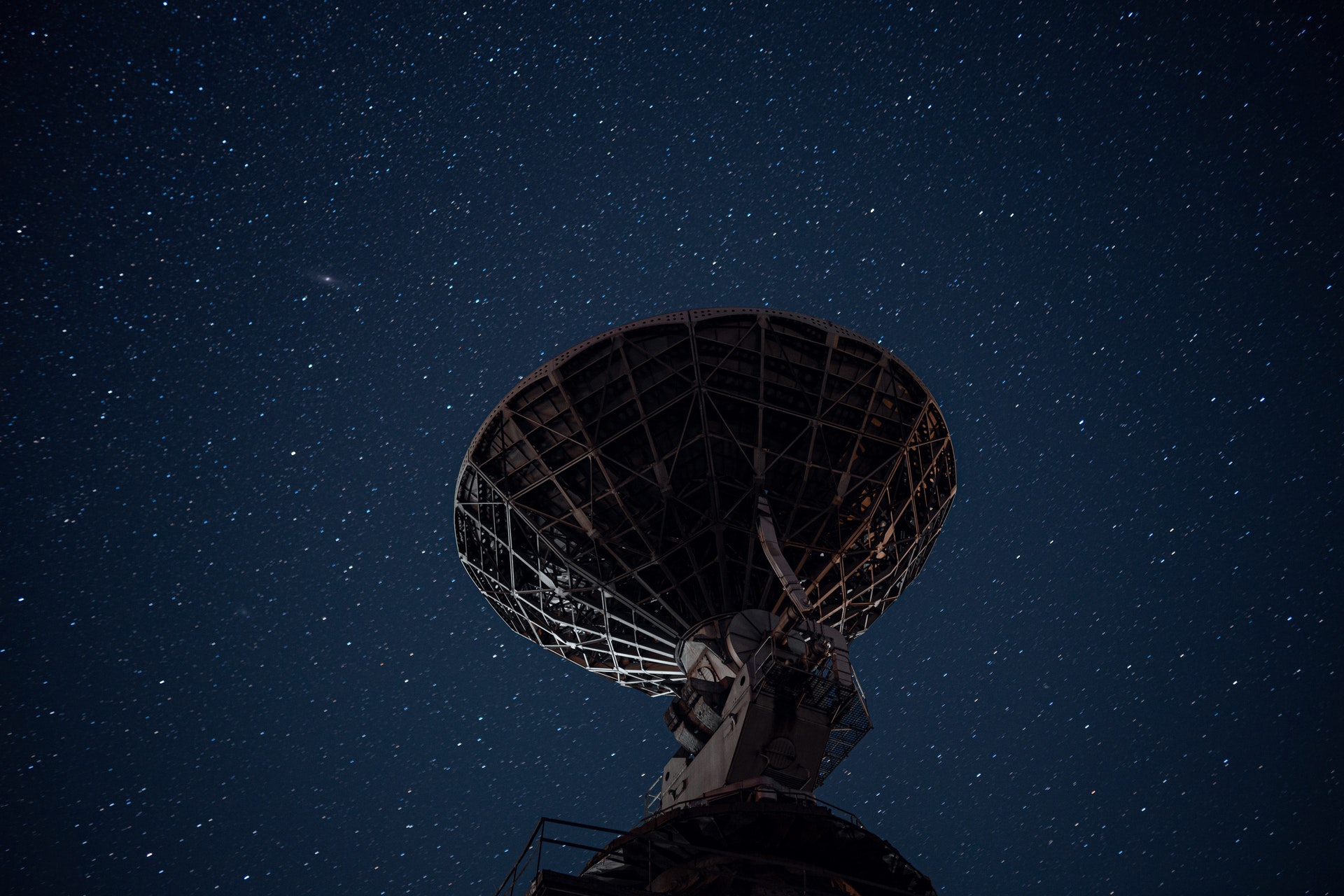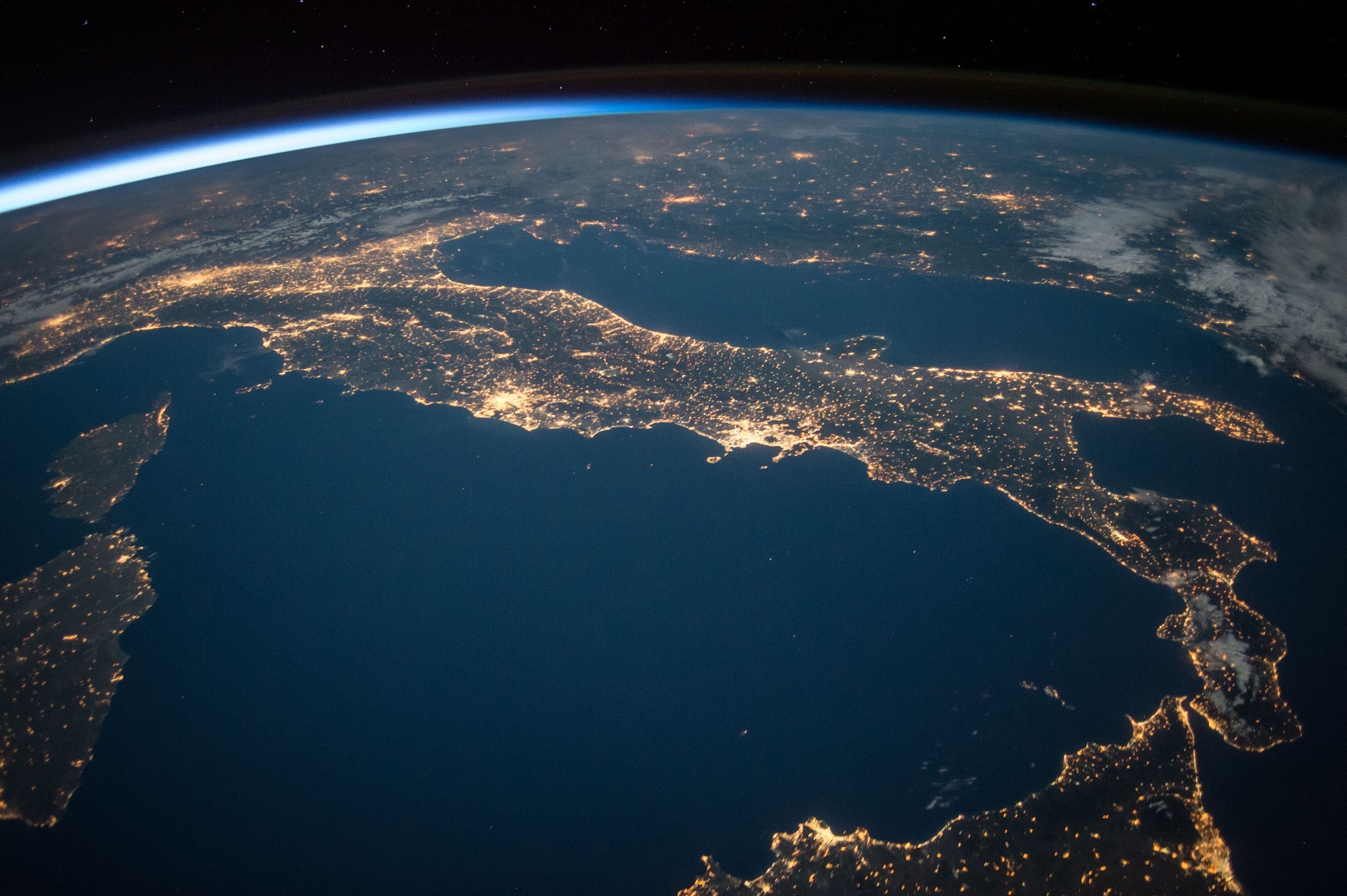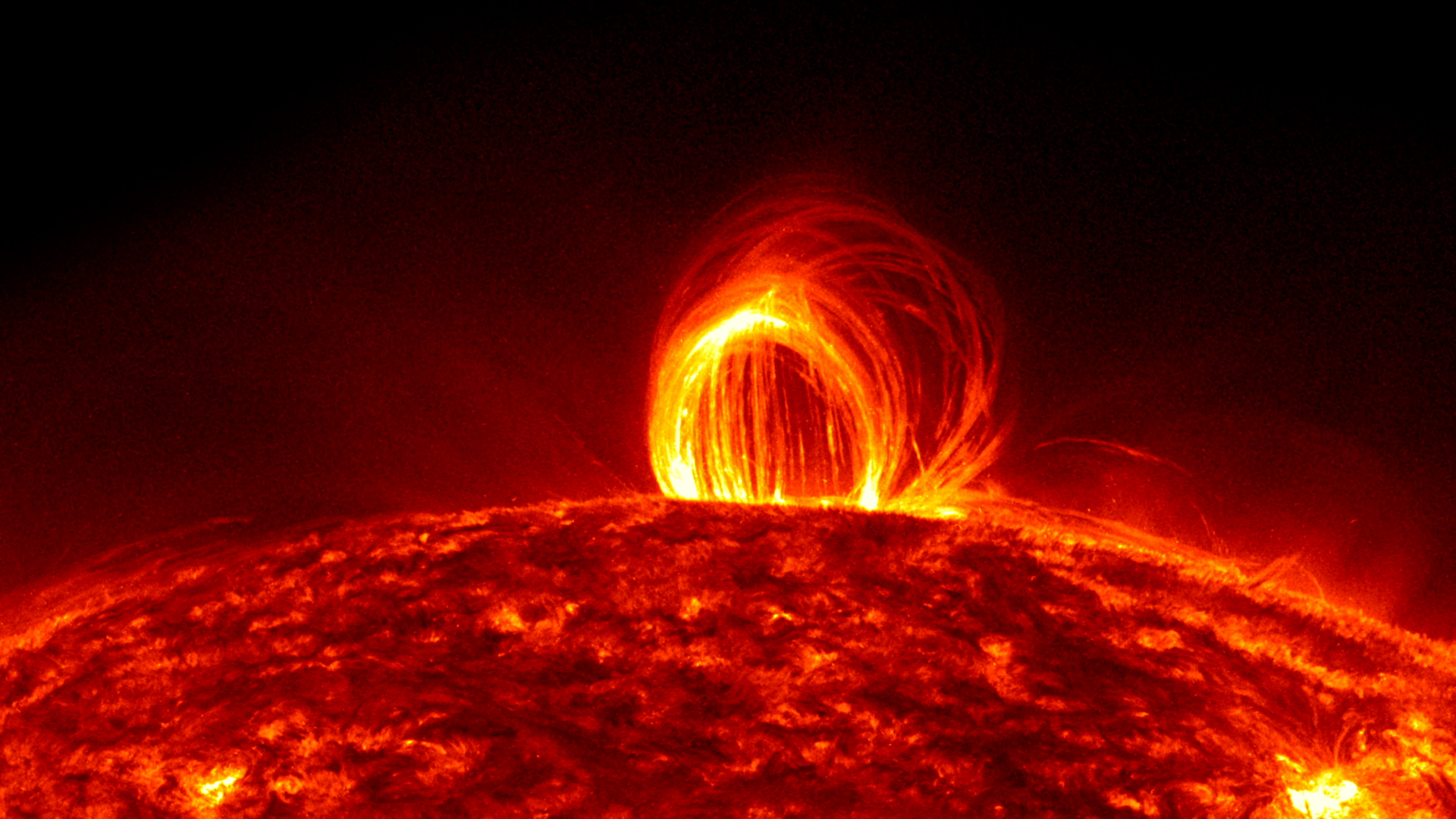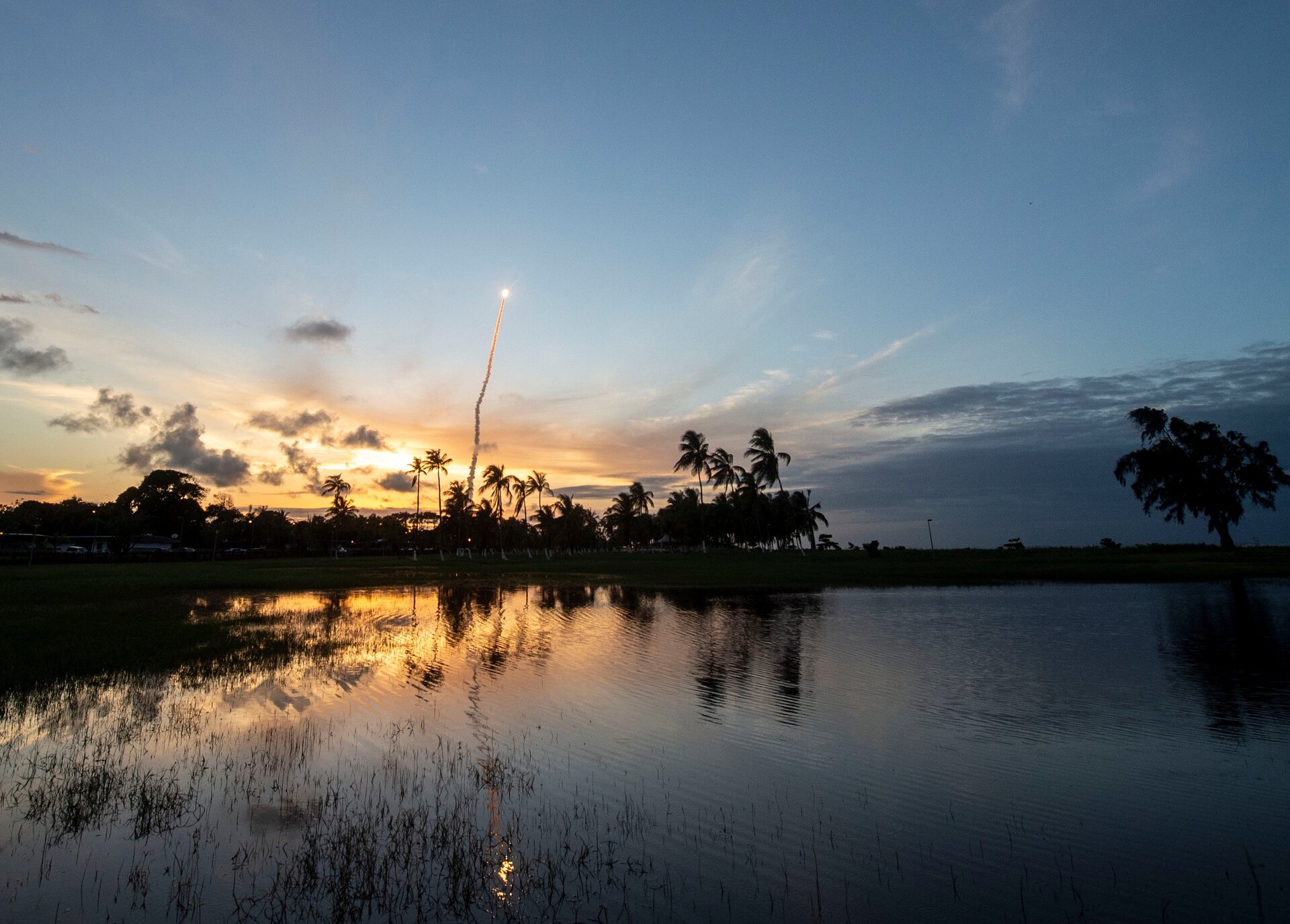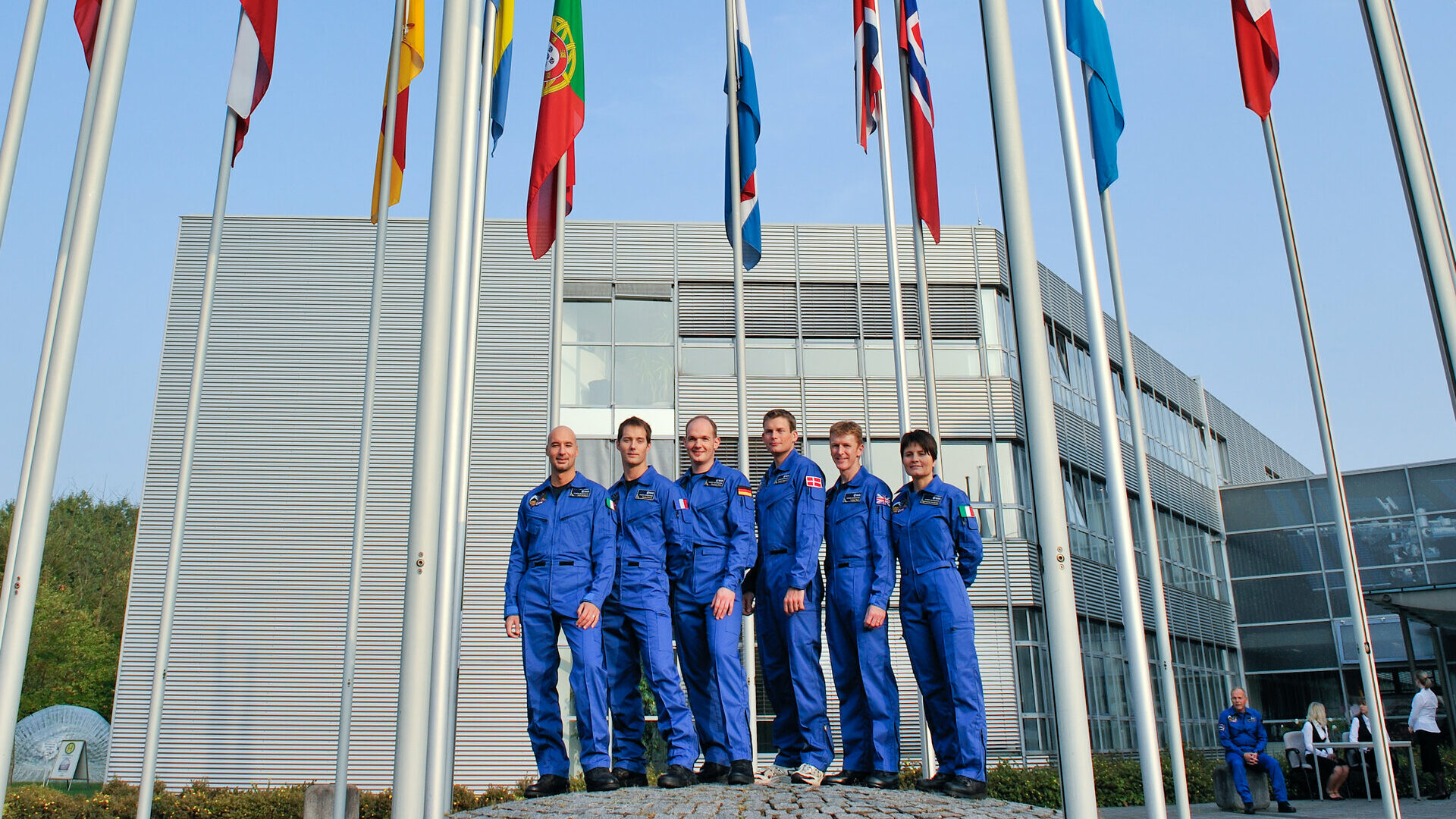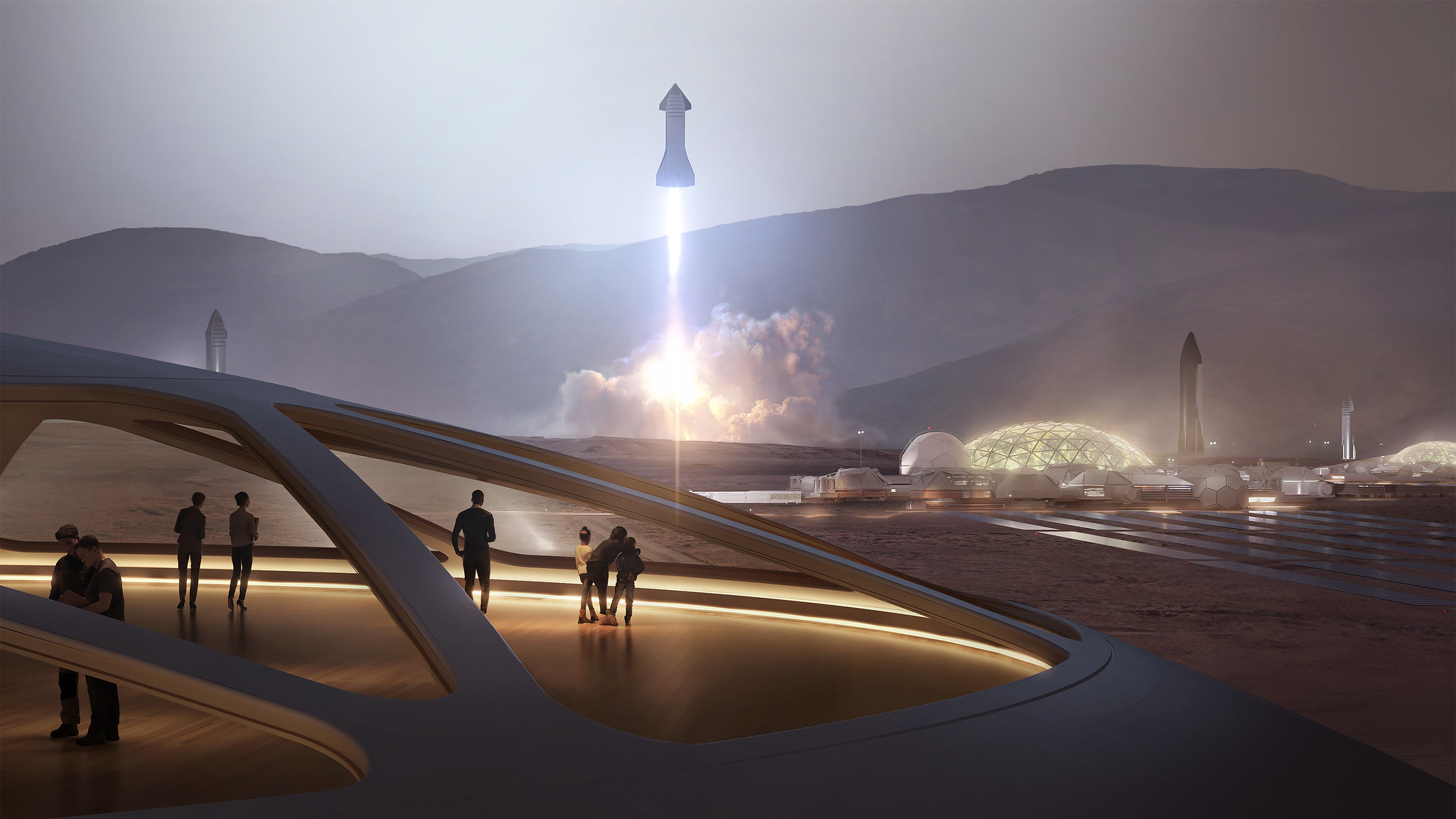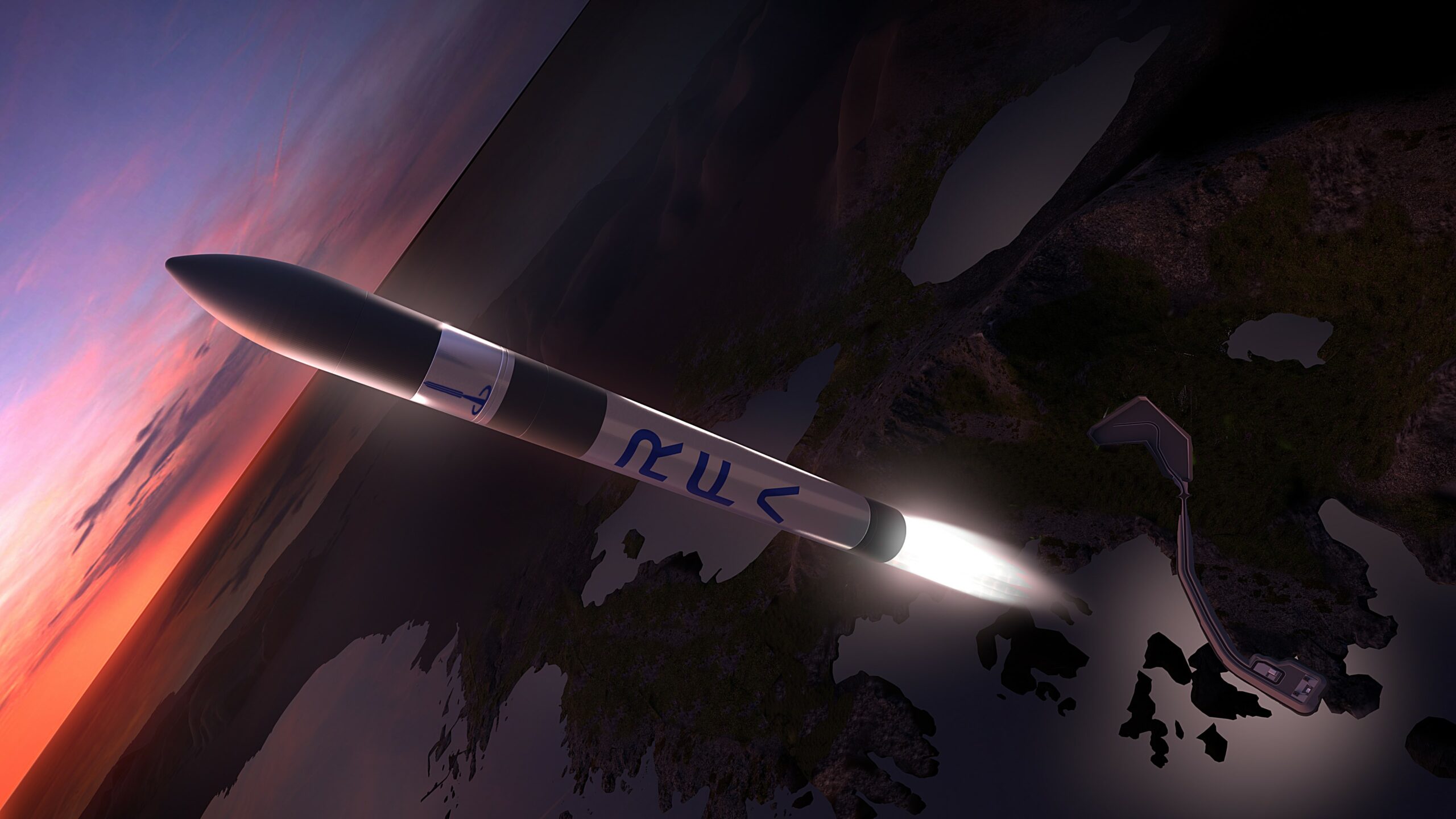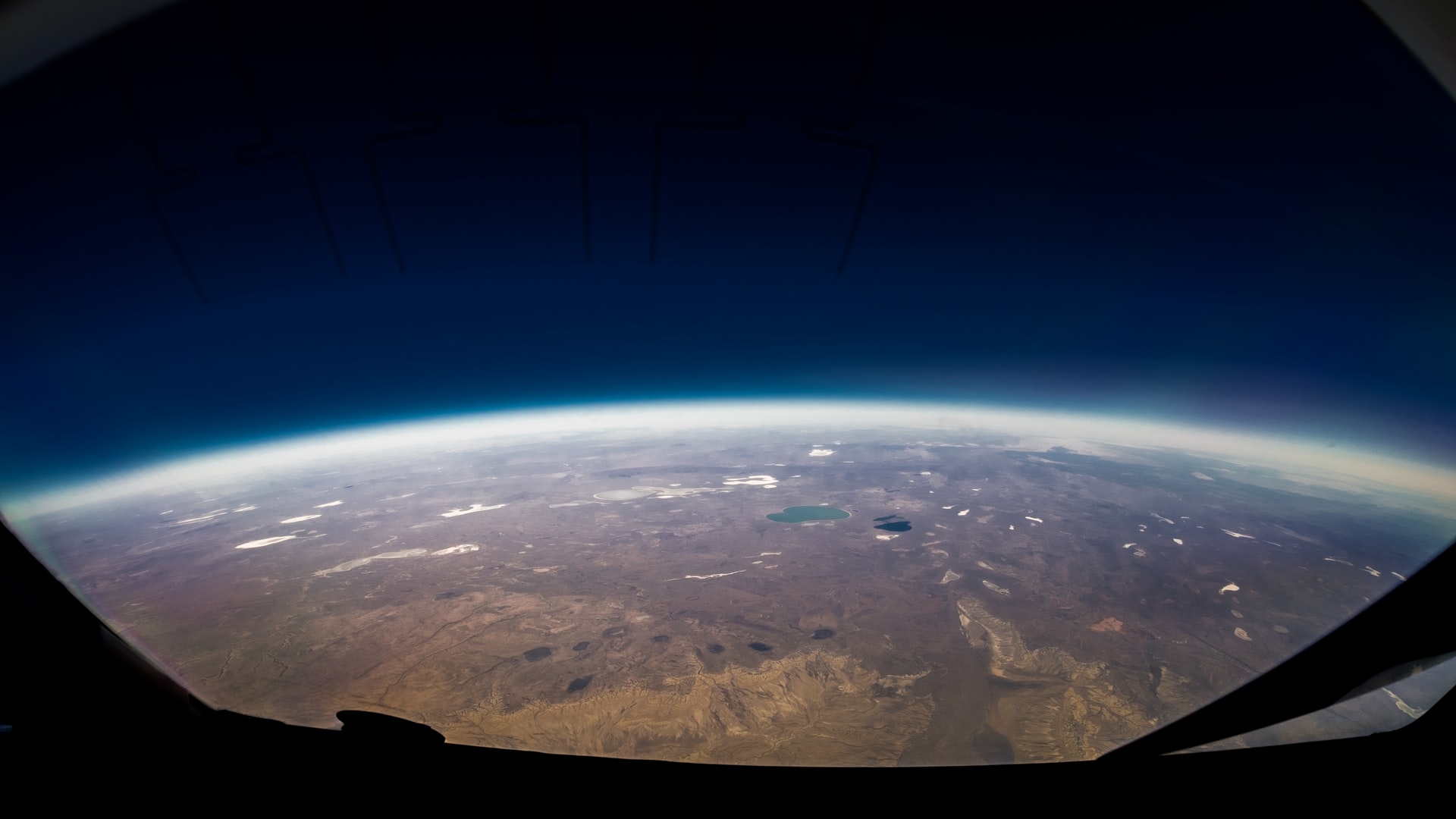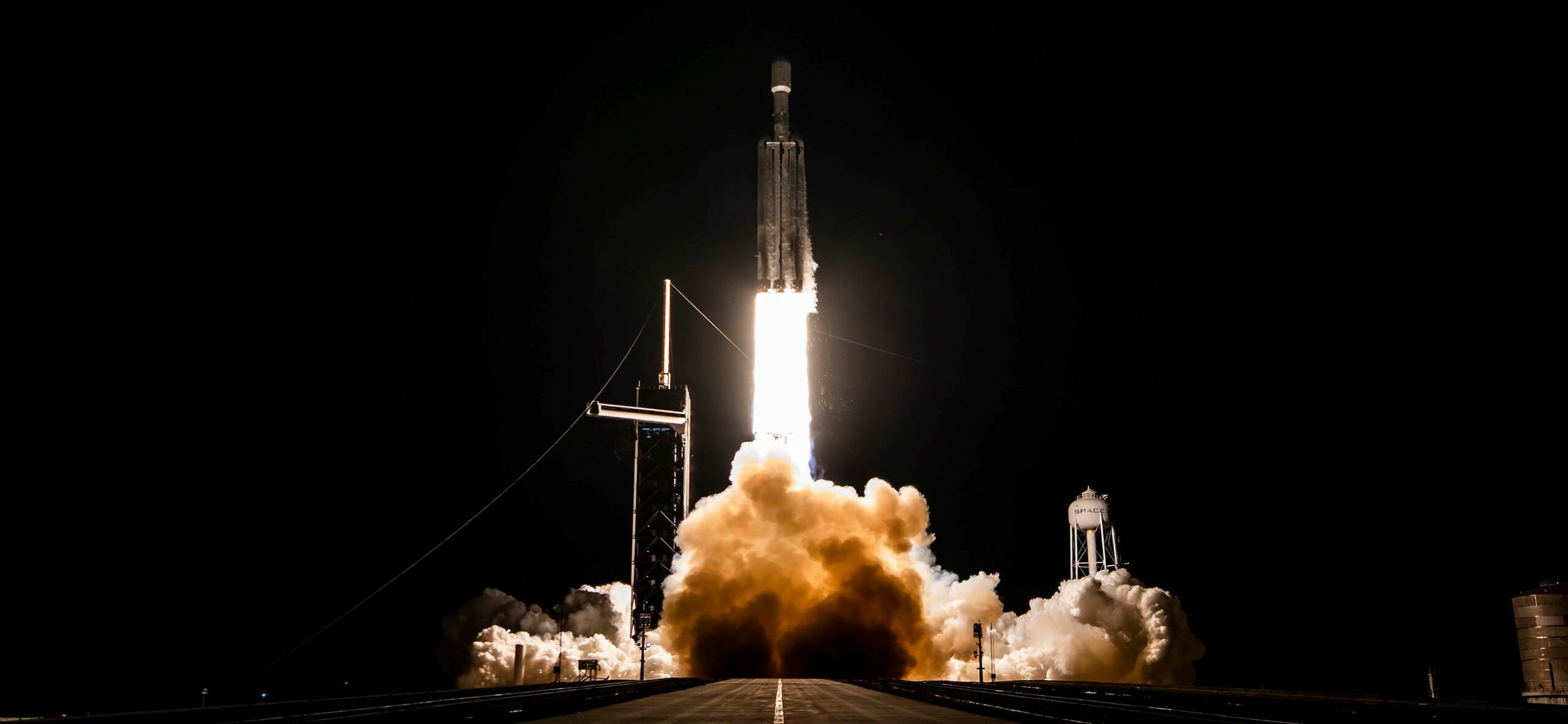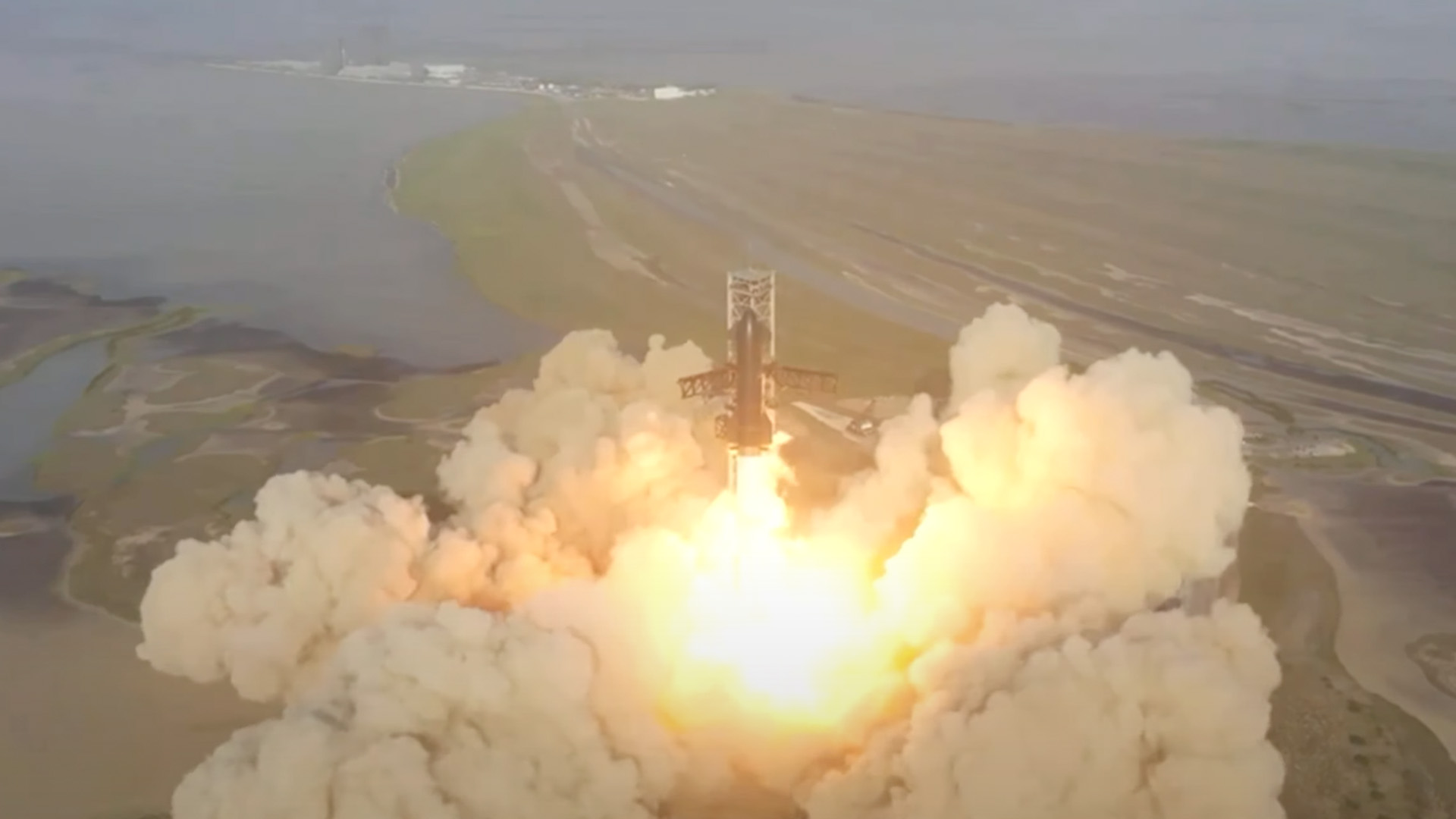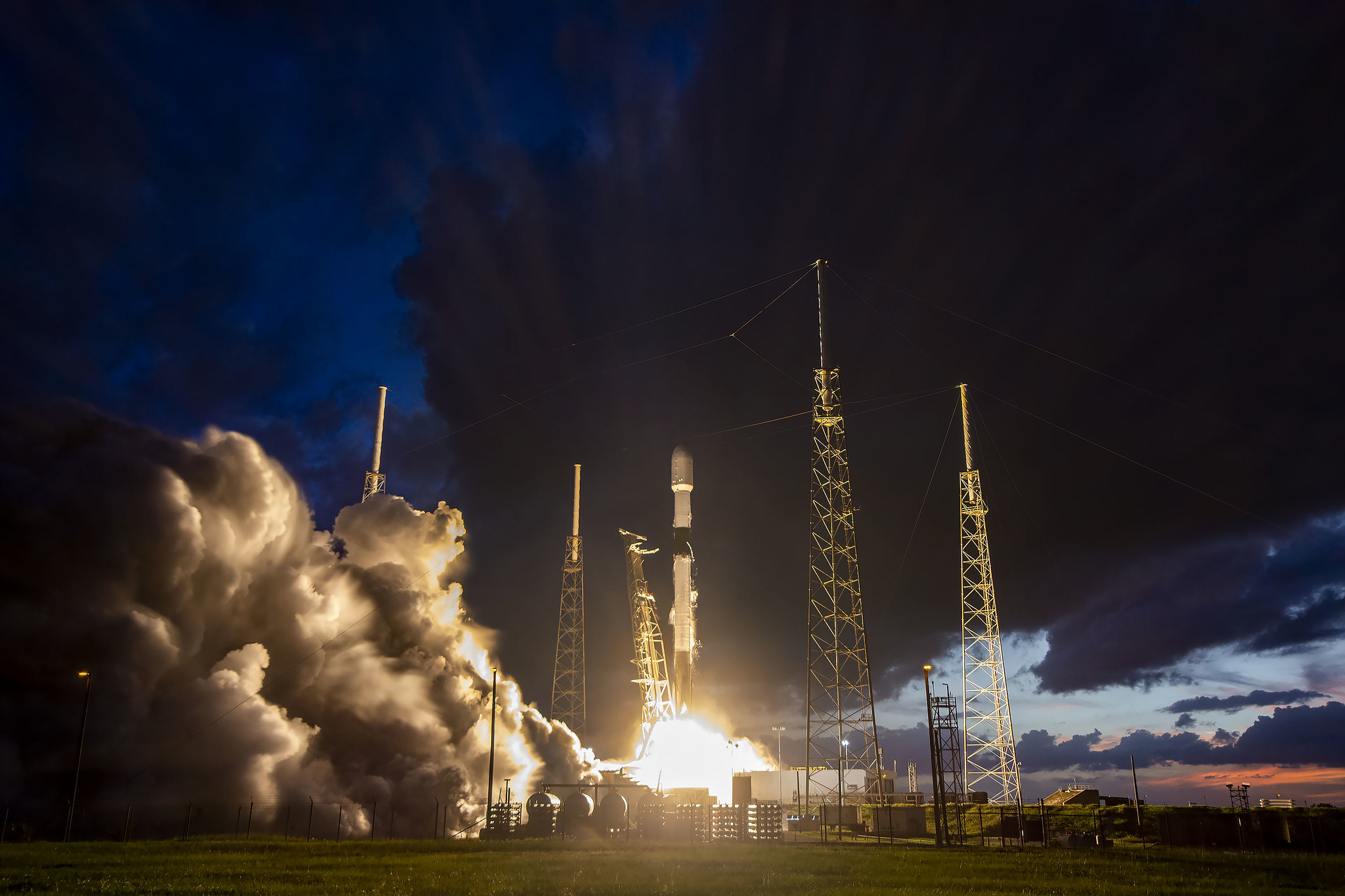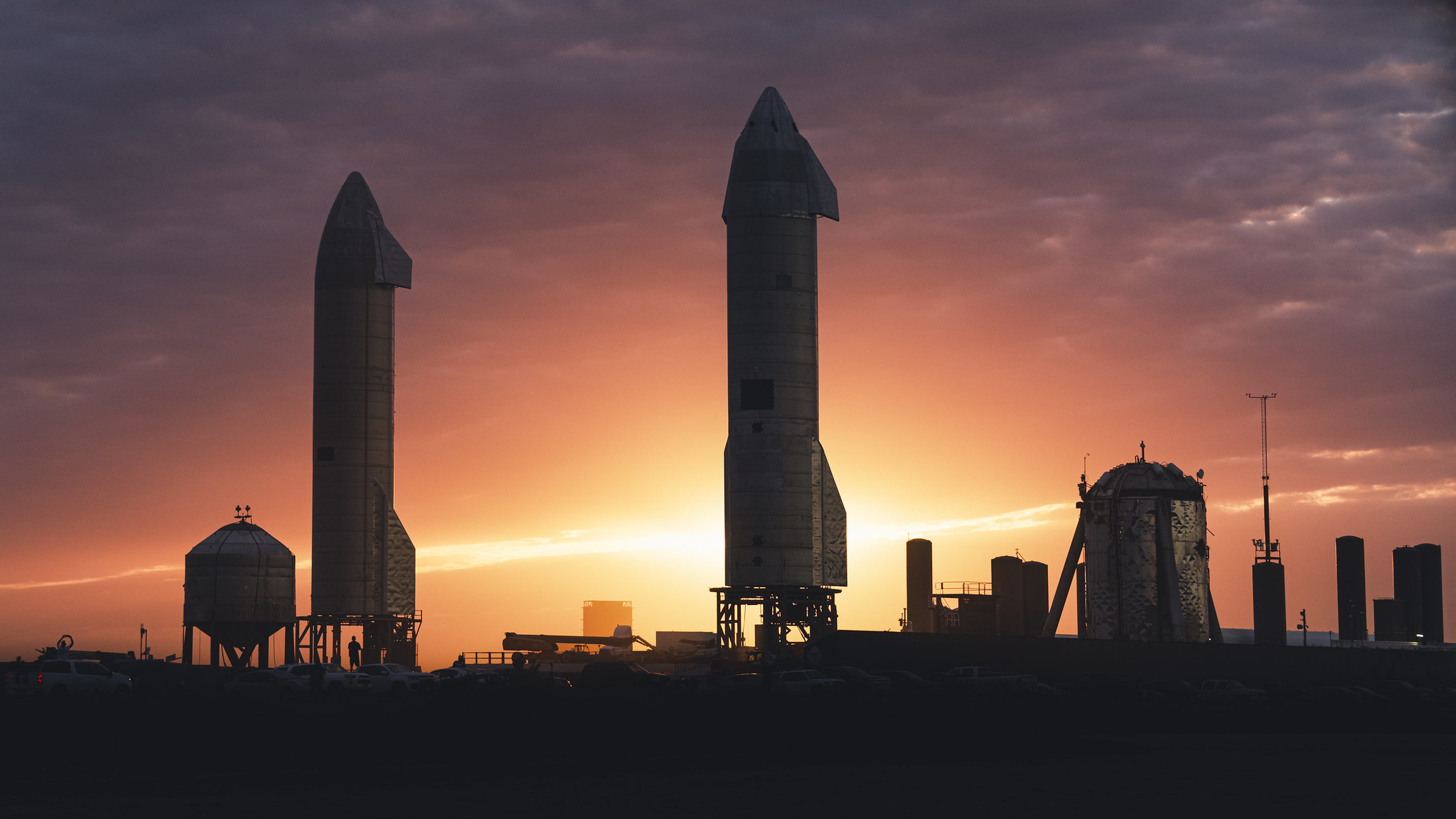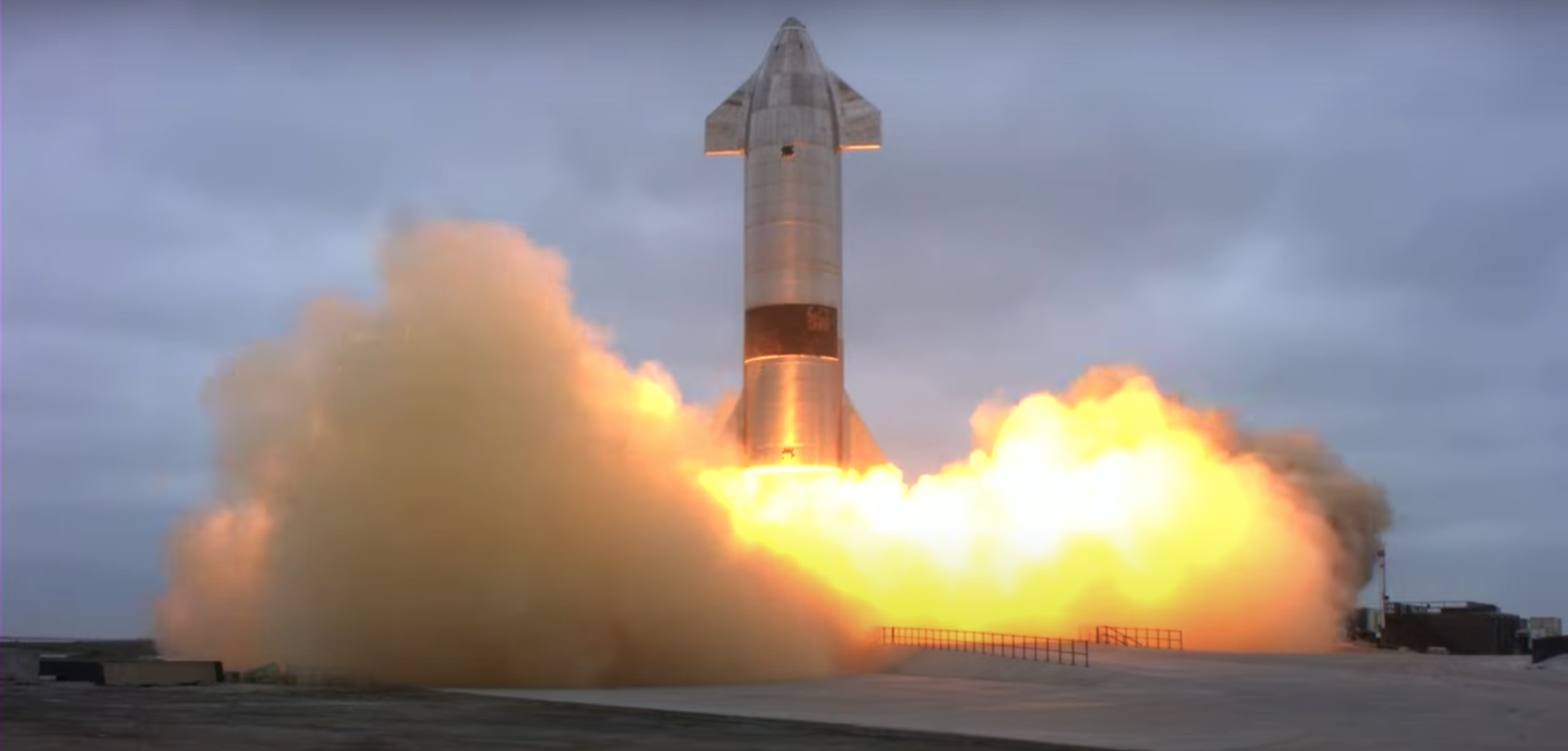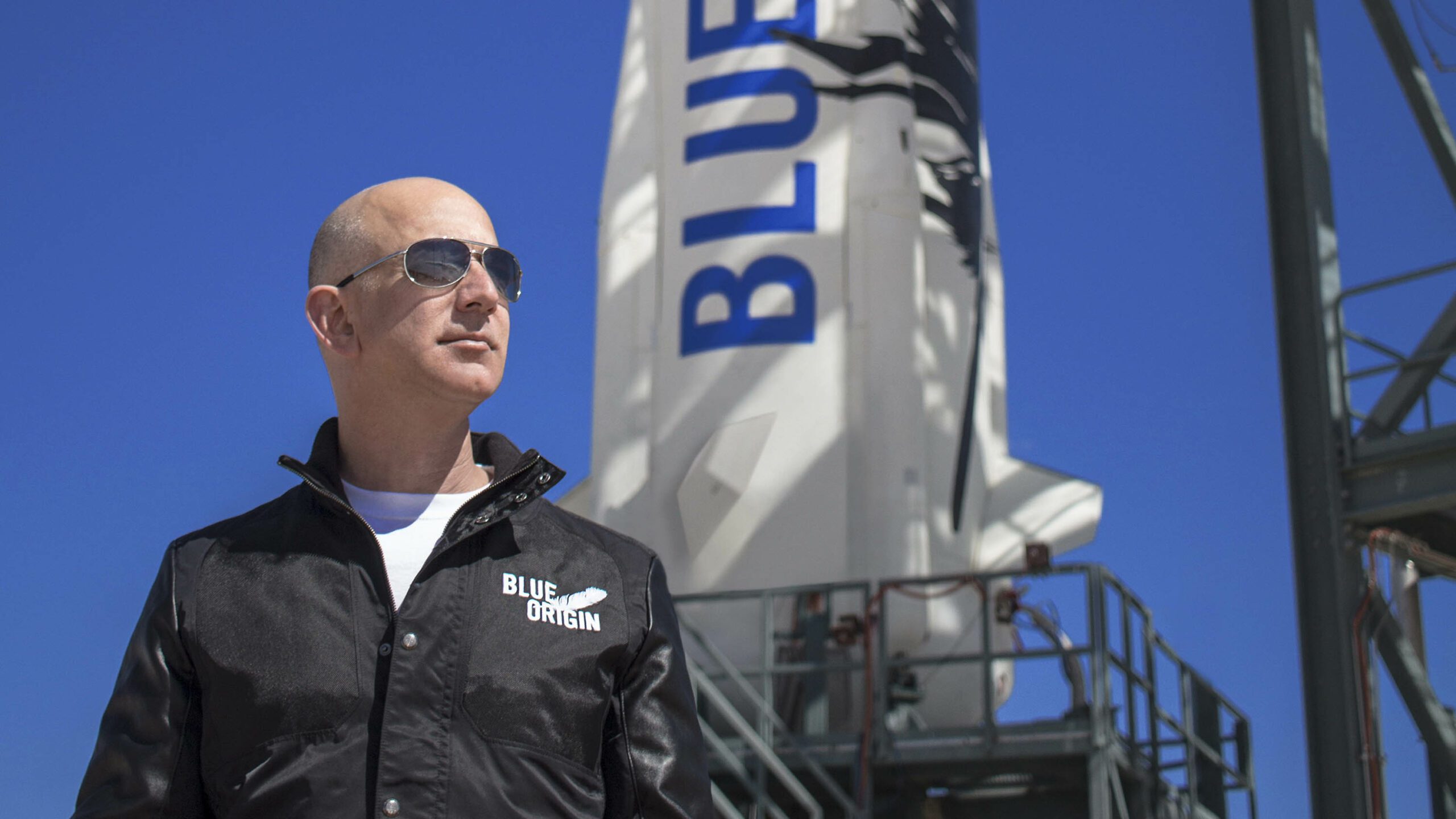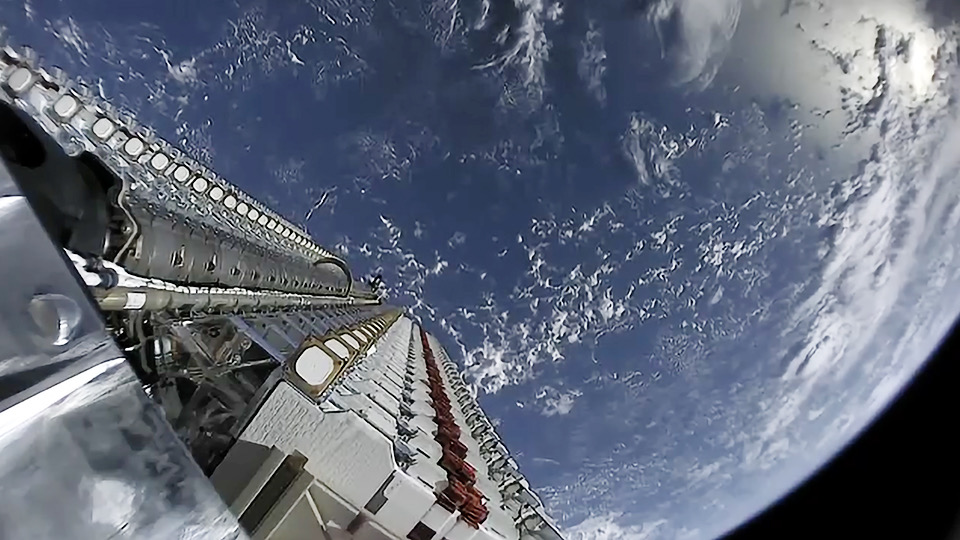
Europe in the race for the Internet from space
Published on Sat, 20.03.2021 – 10:41 CET in Politics, covering ESAEurope, China, Russia, the U.S. and India, along with other players, are engaged in a fierce race for dominance in space. One important aspect of control is the operation of the Internet from orbit. Especially in rural regions, network connectivity is rather poor. A nationwide satellite Internet is supposed to help.
The pioneer in this field is SpaceX with Starlink. The Americans have now launched over 900 satellites into orbit, where they circle the earth at an altitude of 550 km. Since the beginning of November, the first users in the USA have been able to try out SpaceX's service. The signal transit time between the satellite and the end device on Earth is currently between 20 and 40 ms. The speed is to be increased in the future by placing more satellites. The company has permission to launch a good 12,000 more satellites into space by 2027. SpaceX has announced that Starlink Internet will soon be available in Germany as well. The company had already applied for the necessary permits at the end of last year.
But SpaceX is not the only company offering Internet from space. The Amazon Group is also planning to enter the broadband Internet market with its Kuiper project. The company has already announced an initial success: it has developed and successfully tested the first prototype of the customer terminal, which is responsible for receiving and transmitting the signal for users. Now, 3,200 satellites still have to be put into orbit before the network can be connected. Approval from the U.S. authorities has already been granted. The first half of the satellites are to be launched into space by 2026, the rest by 2029. Whether Amazon CEO Jeff Bezos will be able to cover this through his space company Blue Origin alone remains to be seen. But this is considered rather unlikely. For example, Amazon executive David Limp said in a Techcrunch session, "If you know someone who has a rocket out there, give us a call!"
Another competitor is the company Oneweb. It had already launched 74 satellites into orbit and planned to increase to 2,000 before filing for bankruptcy in March 2020. Japanese majority owner Softbank, which owned 37.4 percent of the company, had refused to make further investments and announced it would divest its $41 billion worth of holdings. The main creditor is Arianespace with about 238 million euros, mainly from launch contracts. Oneweb planned to launch its satellites into space using Ariane 6, Blue Origin's New Glenn, Virgin Orbit's LauncherOne and Russian Soyuz rockets. However, Ariane 6 and the New Glenn are still under development and LauncherOne did not complete its first successful launch until January 2021.
The company was saved by an investment from the United Kingdom and the Indian Barthi Group. The United Kingdom secured 42 percent of the shares, Barthi 42.5 percent. Softbank is also back in the game with a 9 percent stake. After the relaunch, Oneweb has already launched 36 satellites into space and reactivated its partnership with Airbus. The goal is to initially cover Great Britain and the Arctic with satellite Internet. Starlink is not yet represented here. SpaceX is initially focusing on the south - up to 52 degrees north. Once a total of 650 satellites have found their place, the broadband Internet should be ready for use by the end of 2021.
To avoid being left behind in this development, Europe wants to be able to offer its own satellite Internet. After all, it has been recognized "that Europe should not rely on the good will of its international partners when it comes to critical infrastructures," says Esa telecommunications director Magali Vaissière to the Süddeutsche Zeitung. That's why ESA announced as early as last summer that it would prepare a feasibility study showing how the satellite network could be implemented and what its competitive chances are. ESA is planning to spend between two and five billion euros on implementing the satellite network. Actually, the study was to be presented as early as February 2021. But it was only shortly before Christmas 2020 that ESA presented a consortium that is now to test the implementation. For a total of 7.1 million euros, the following members of the consortium now have one year to complete the study: Airbus, Arianespace, Eutelsat, Hispasat, OHB, Orange, SES, Telespazio and Thales Alenia Space. However, it will take another five to seven years before the network becomes operational.
Some of Germany's space start ups find the ESA's approach too slow and bureaucratic. Daniel Bock of Dresden-based start up Morpheus Space, which develops ion propulsion systems for small satellites, told tech magazine 1E9 that he thinks the EU is right to recognize its role in the satellite Internet race, but that this realization comes "far too late." "Whoever can control or influence the communications infrastructure in space on a large scale will secure global power and influence in the future." Bock thinks relatively little of the study. So does Bulent Altan, head of Mynaric, a company developing laser technology that can transport large amounts of data between satellites and ground stations. He is critical of 1E9, saying he finds Europe's approach downright "planned economy." "We are now seeing a global shift towards an entrepreneurial and venture capital-driven space sector that thinks commercially and acts profit- and market-driven. Europe should also finally support exactly this. In this sense, it is wasted time to find out by means of a study whether and how a European satellite network could be built, while the rest of the world has already sent hundreds of satellites into space and will send many more hundreds of satellites into space by the time the study is completed."
The new ESA chief Josef Aschbacher also sees this problem and wants to strengthen Europe's competitiveness in the future. He told Bayrischer Rundfunk radio: "U.S. companies like SpaceX or the Mars Rover Perseverance are always making headlines. In Europe, there are no such headlines at the moment. If Europe doesn't make a jolt forward, we will fall behind."
